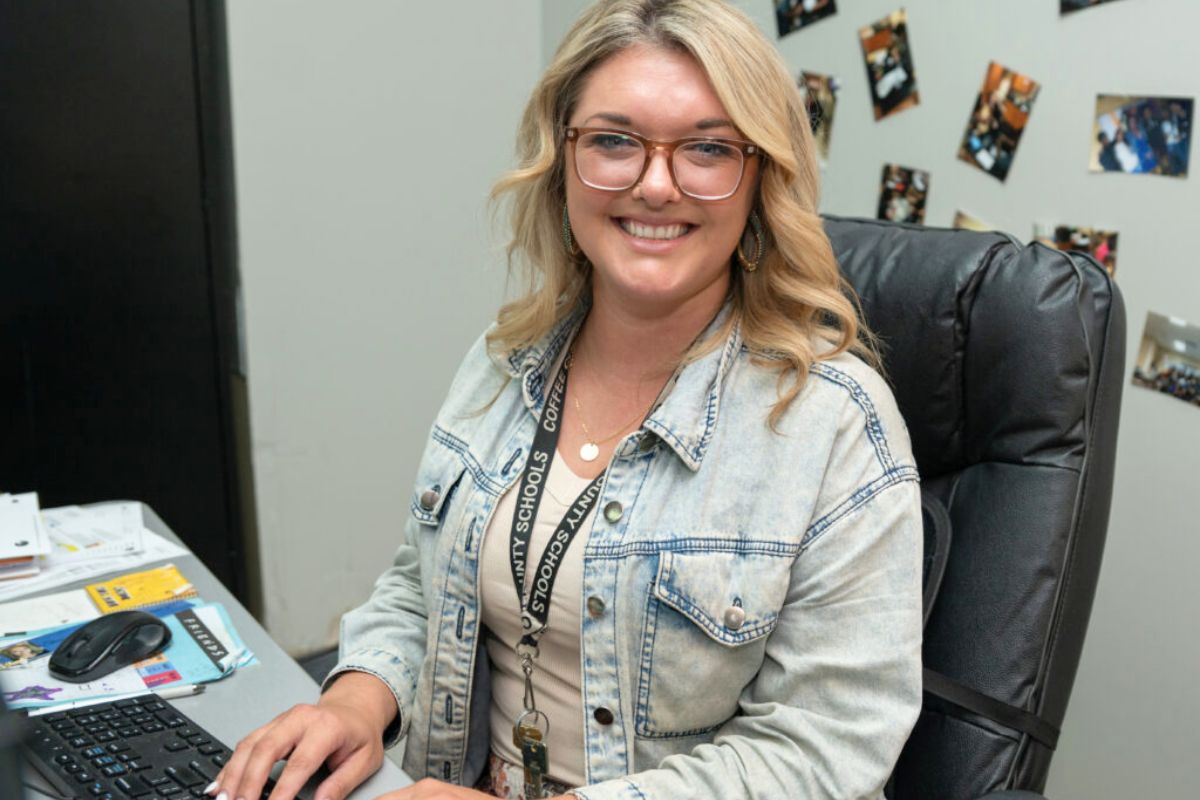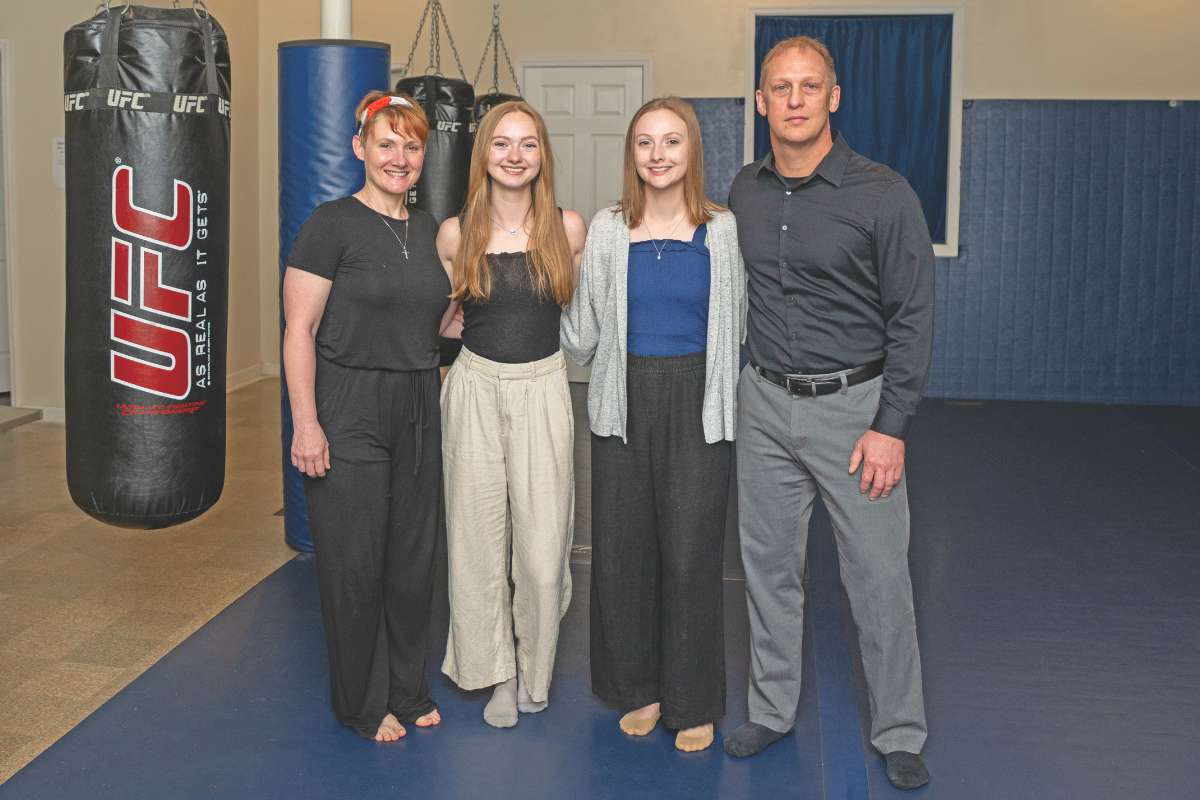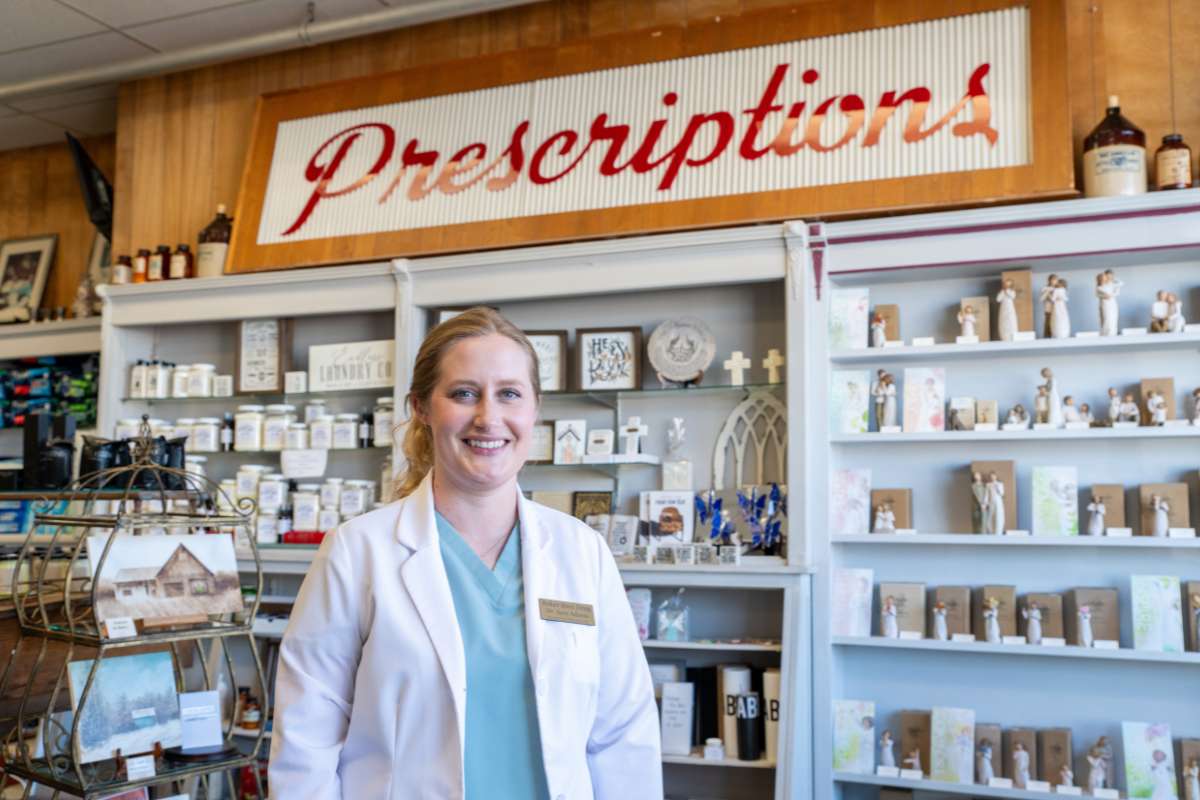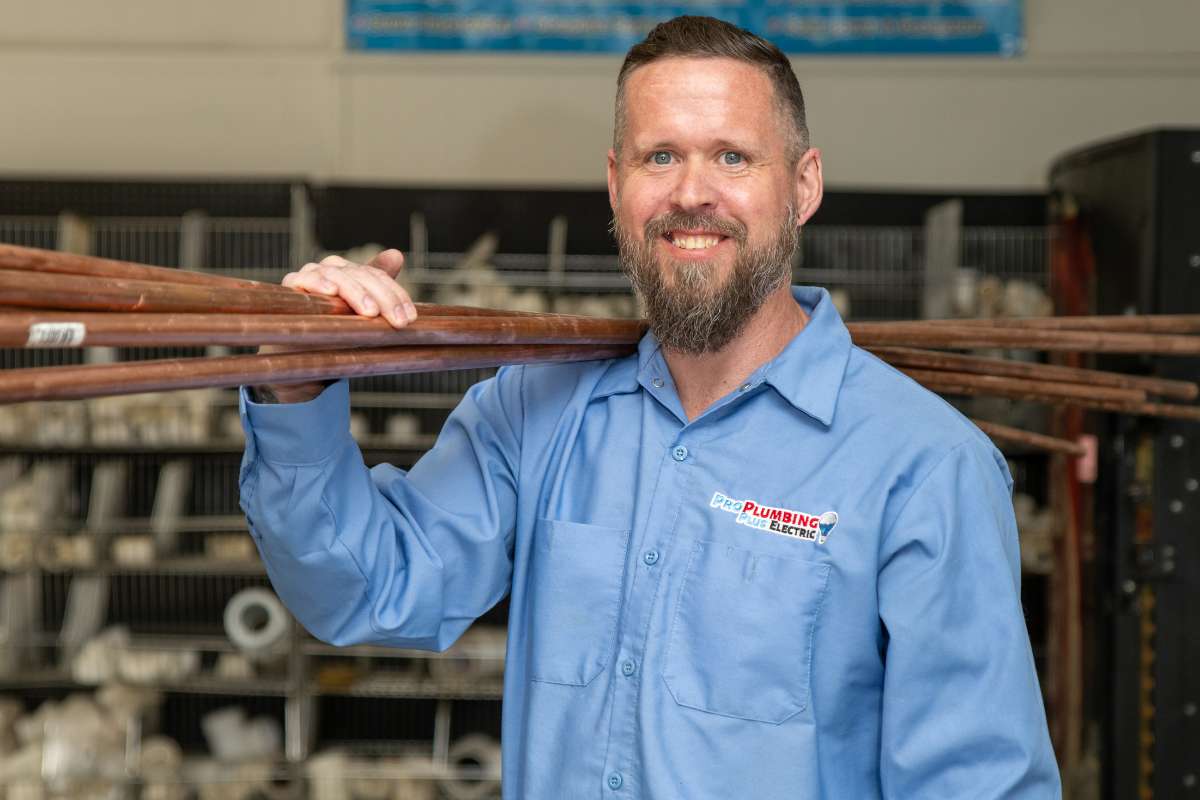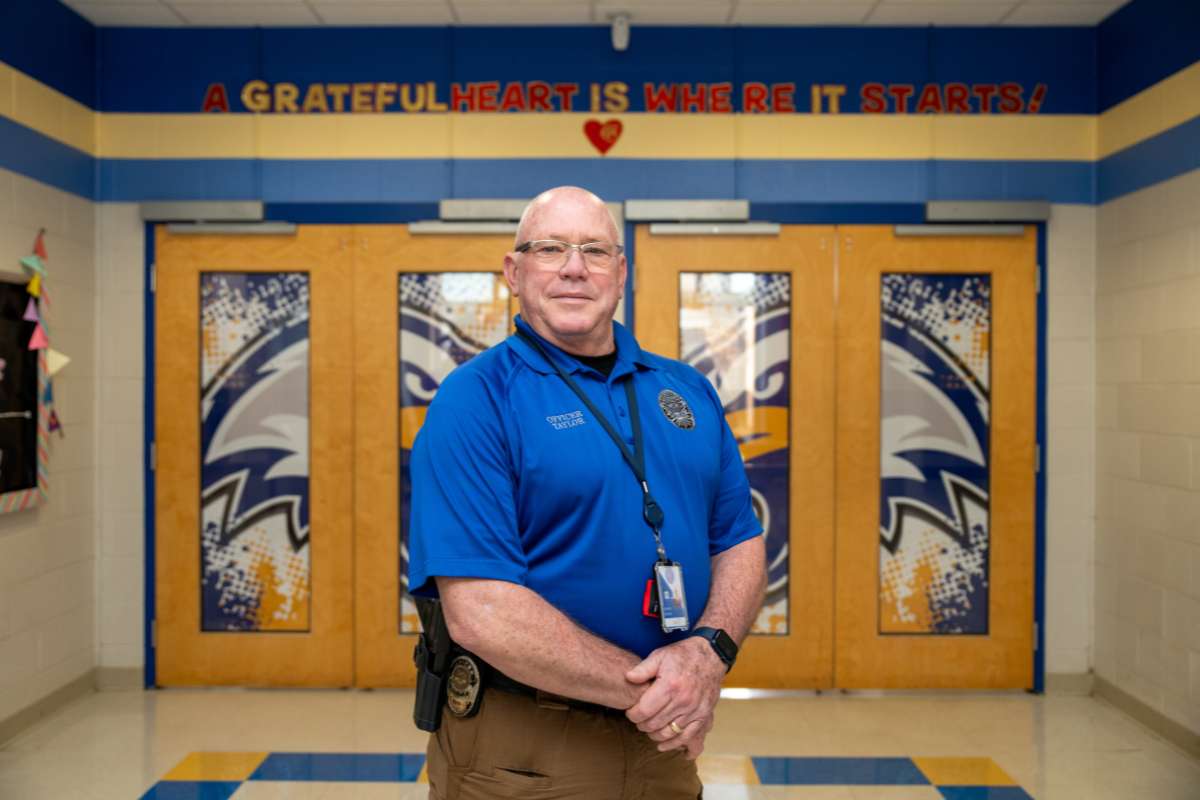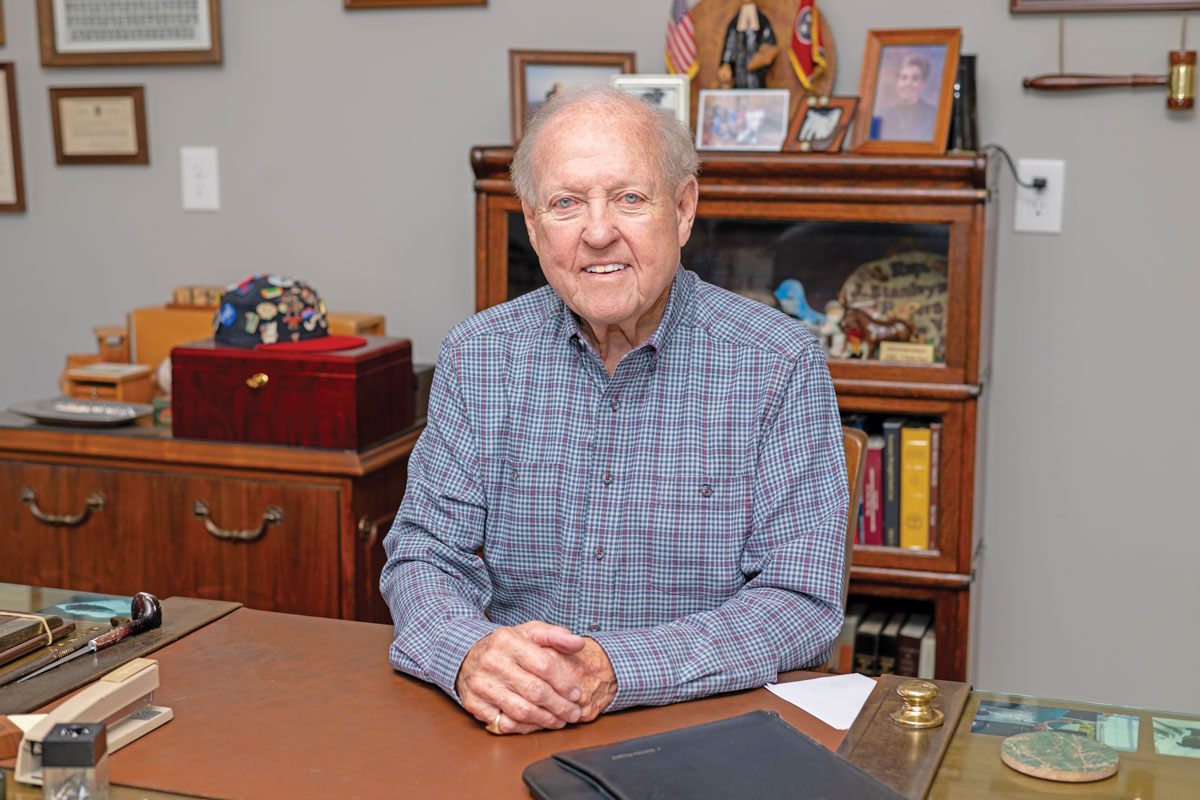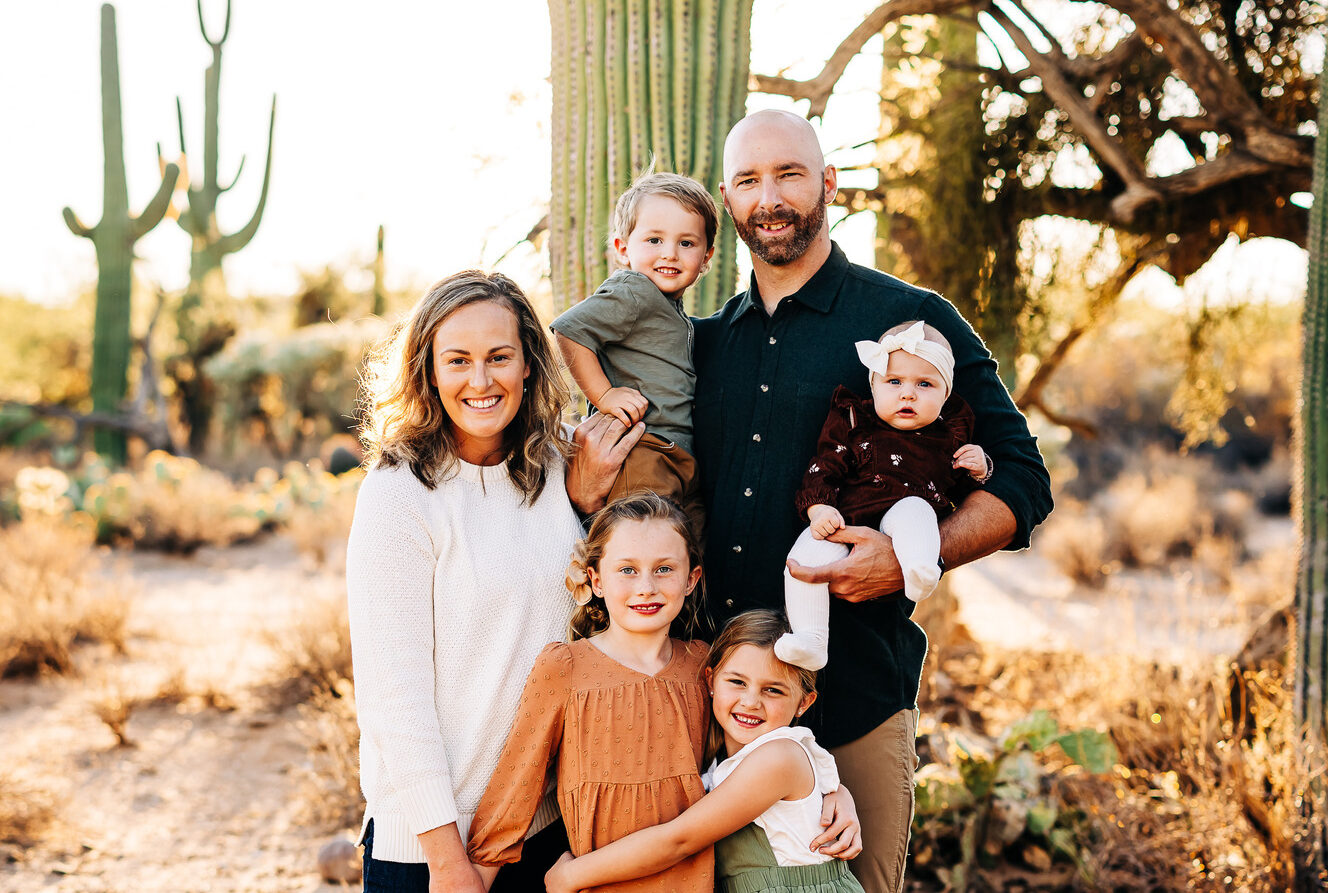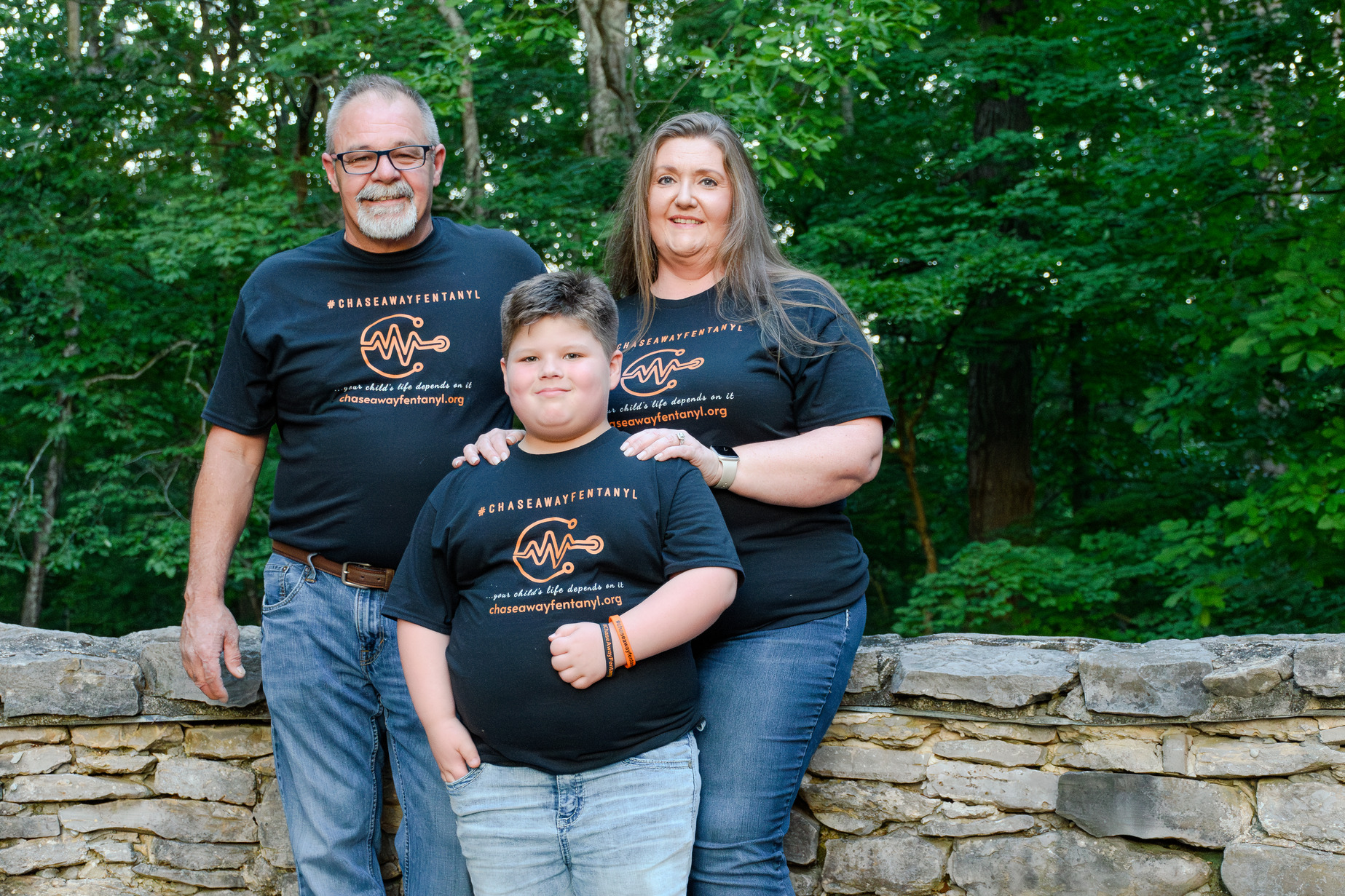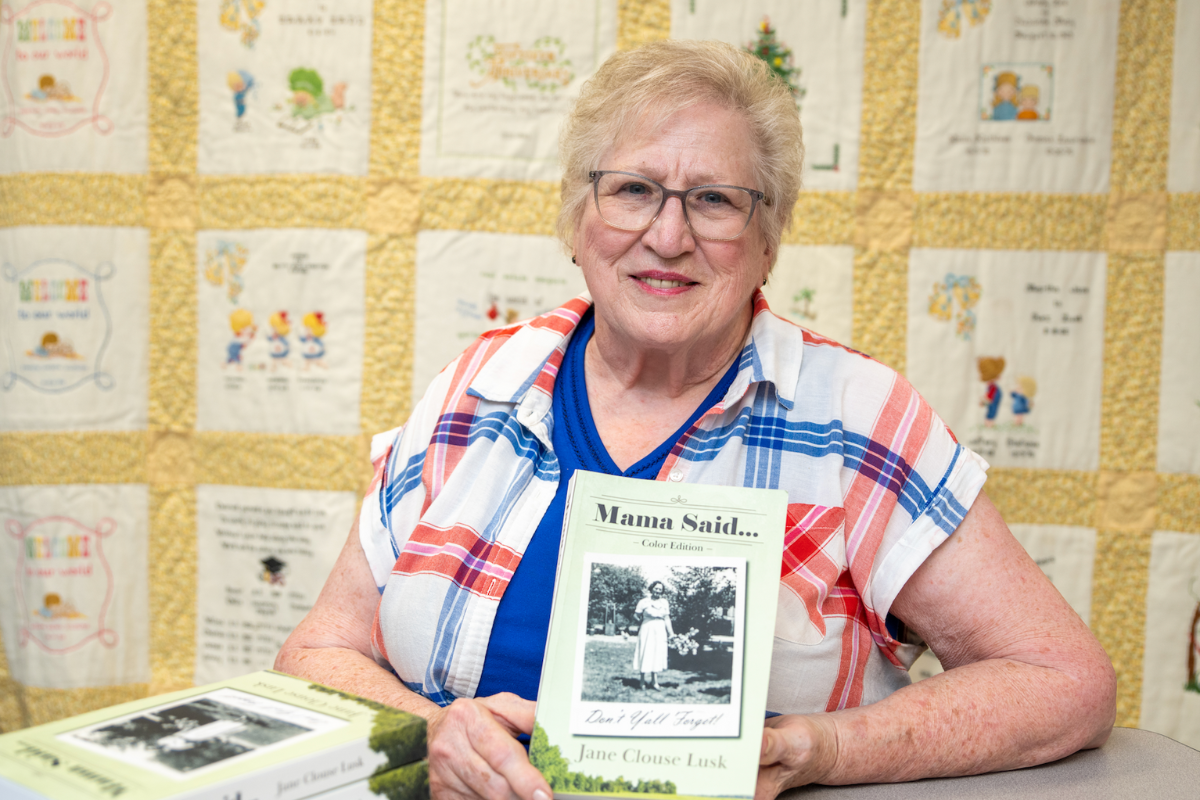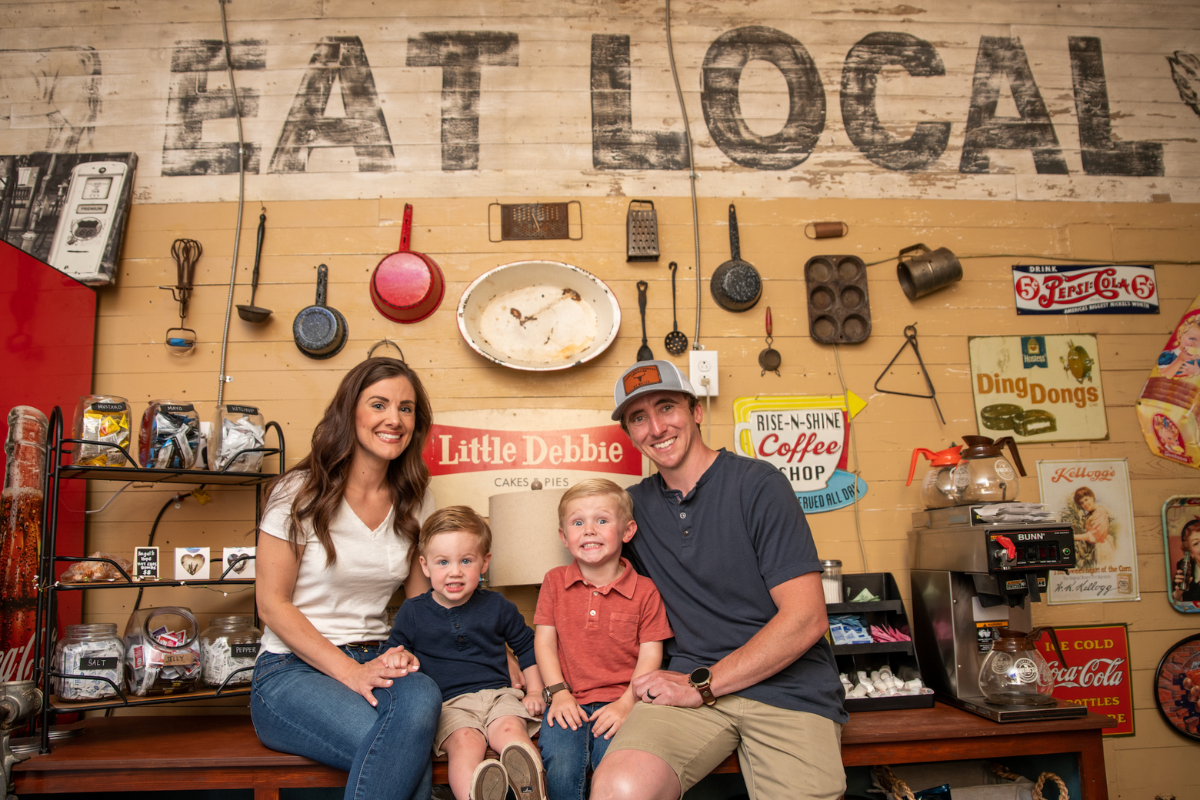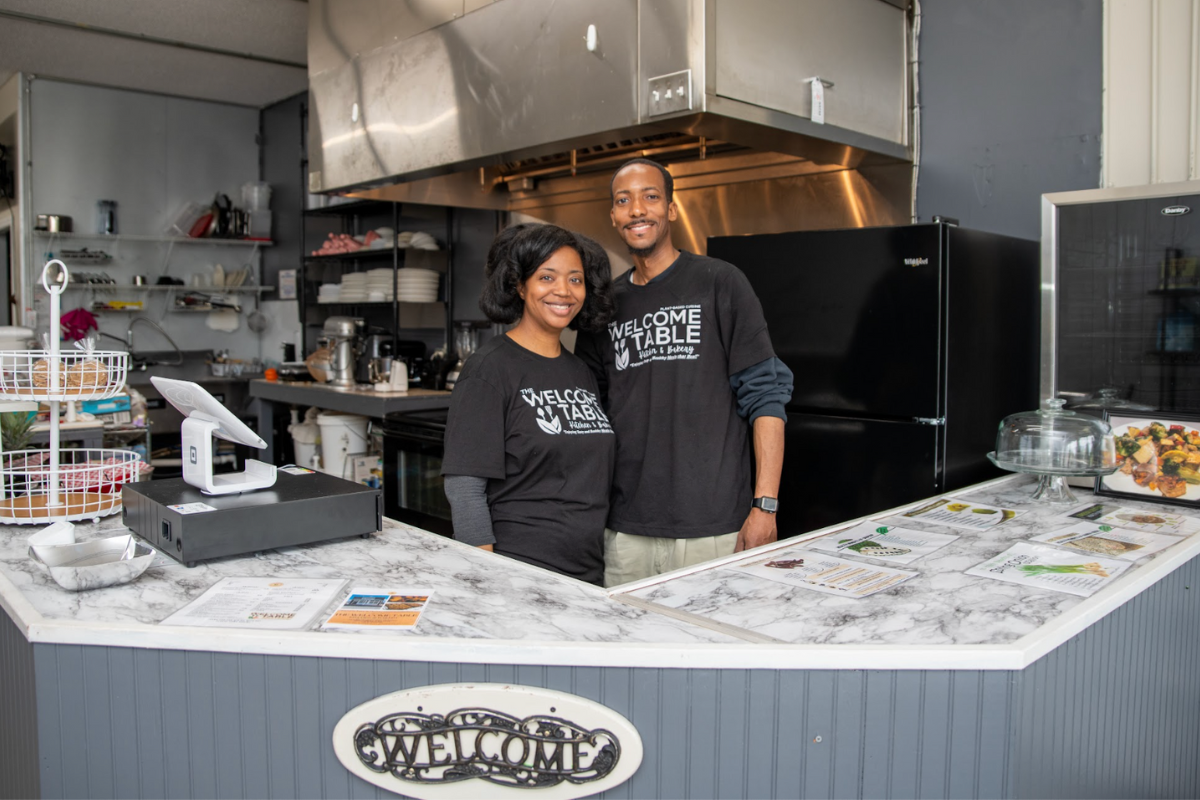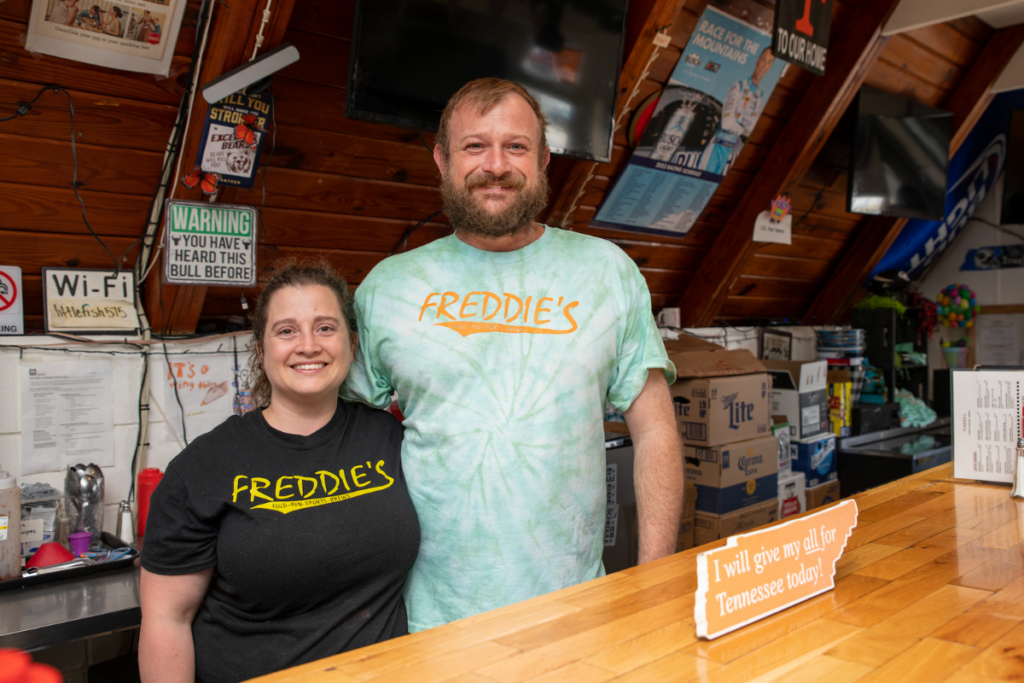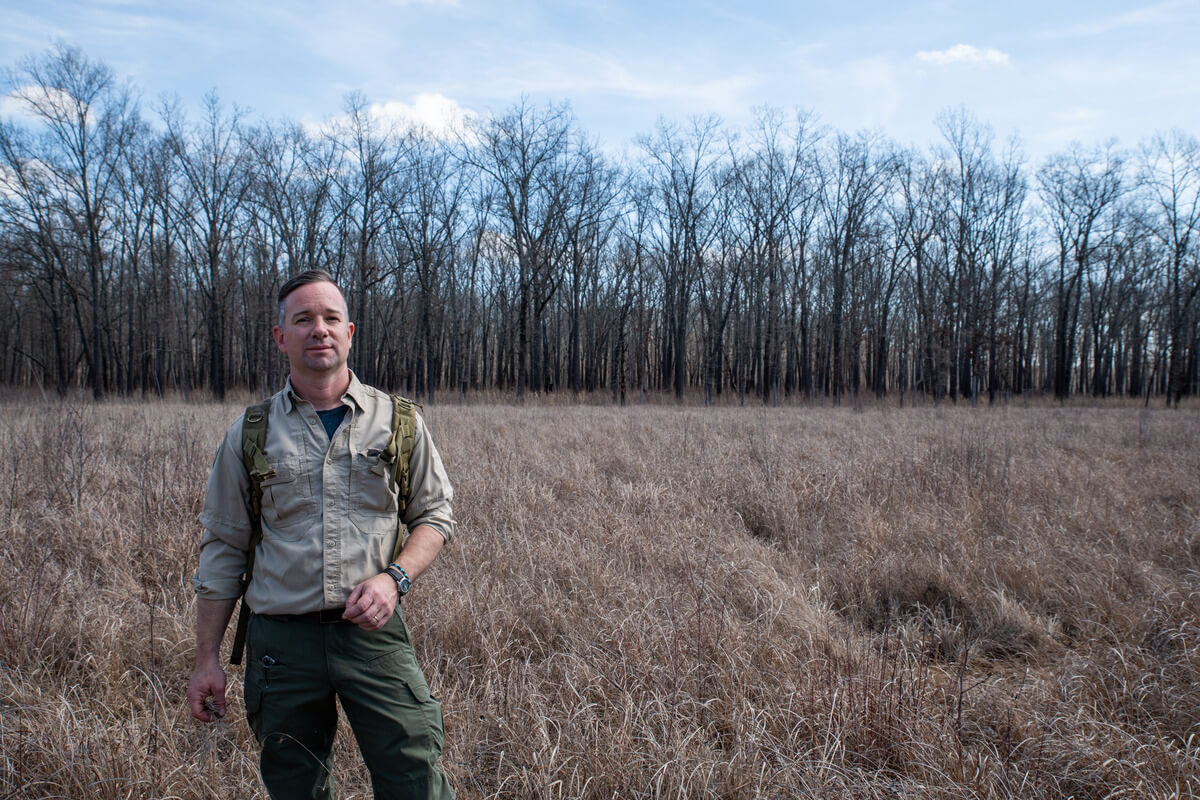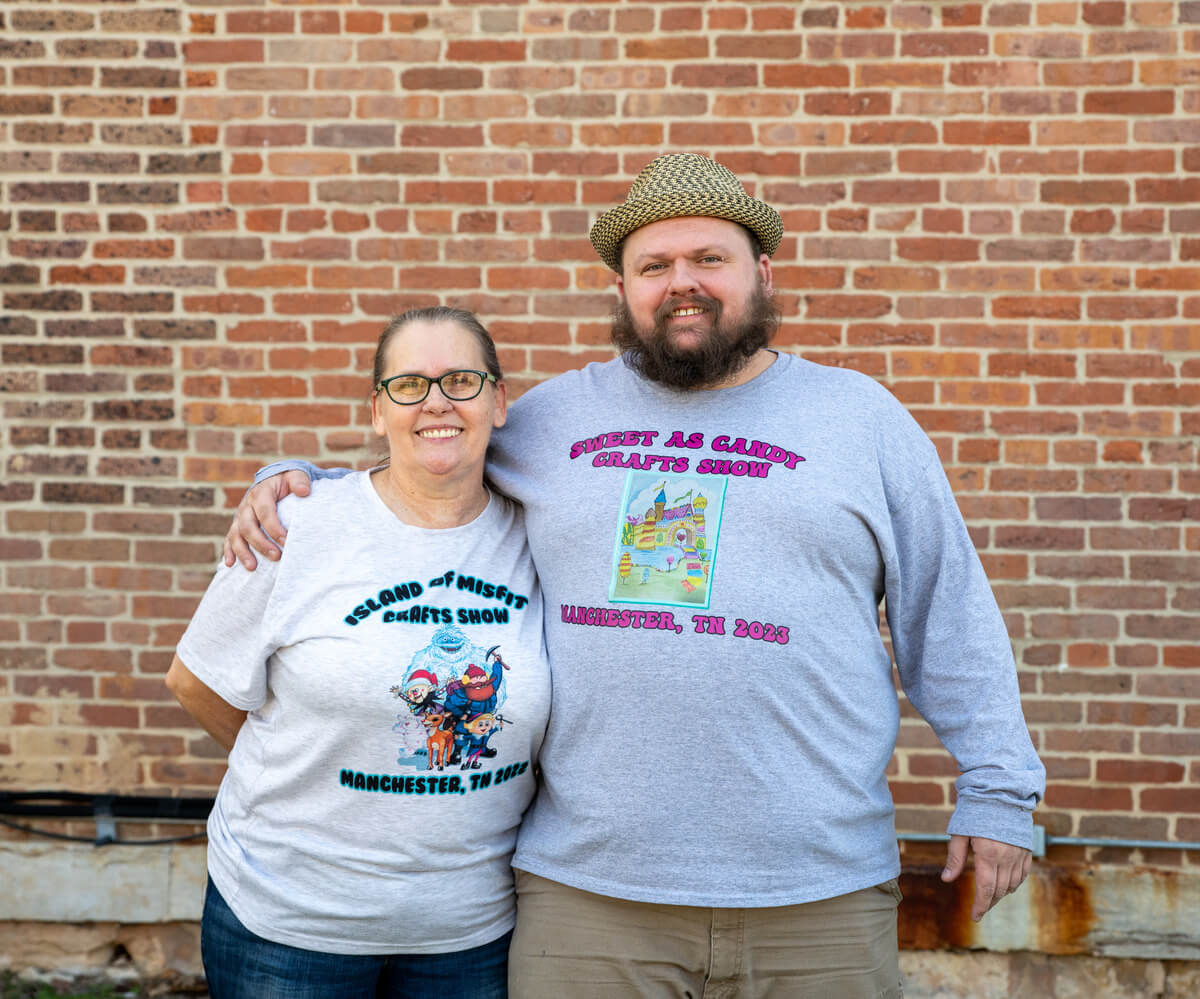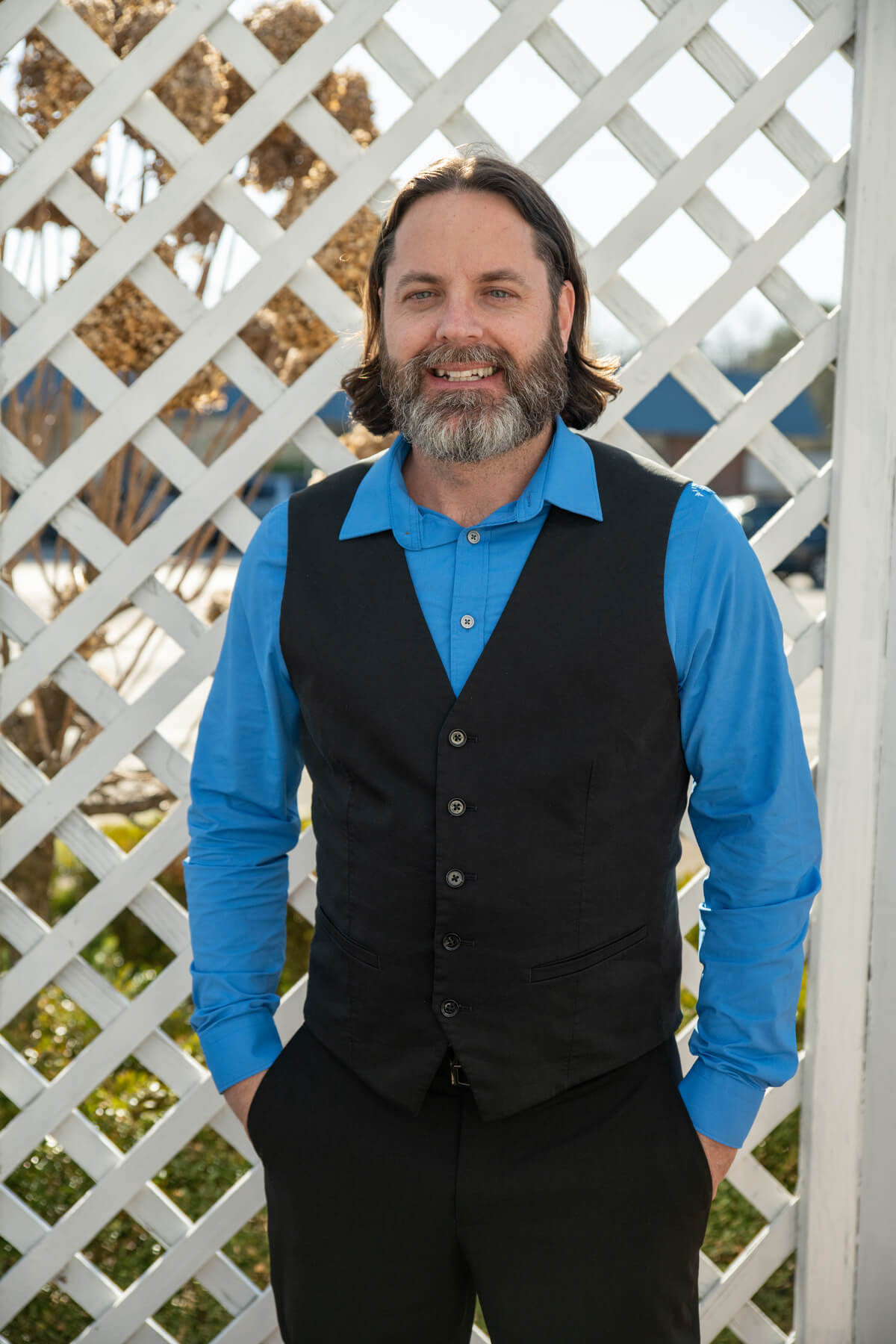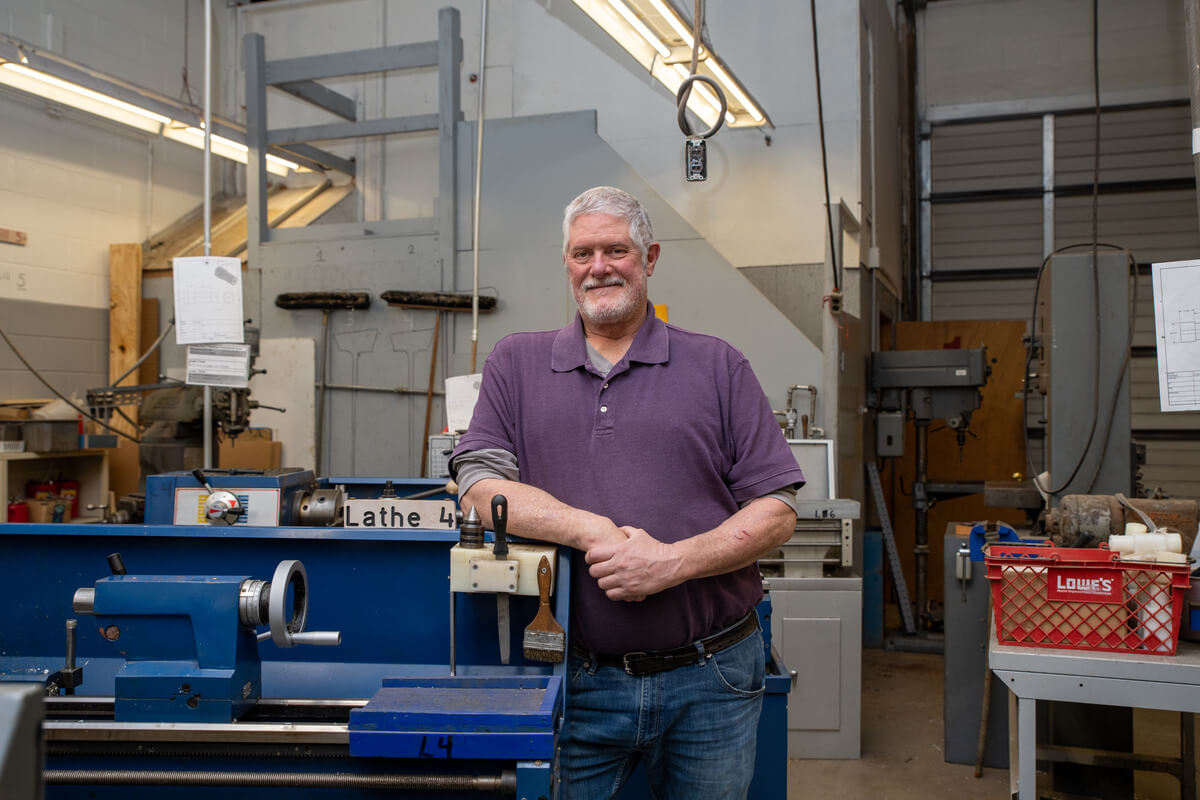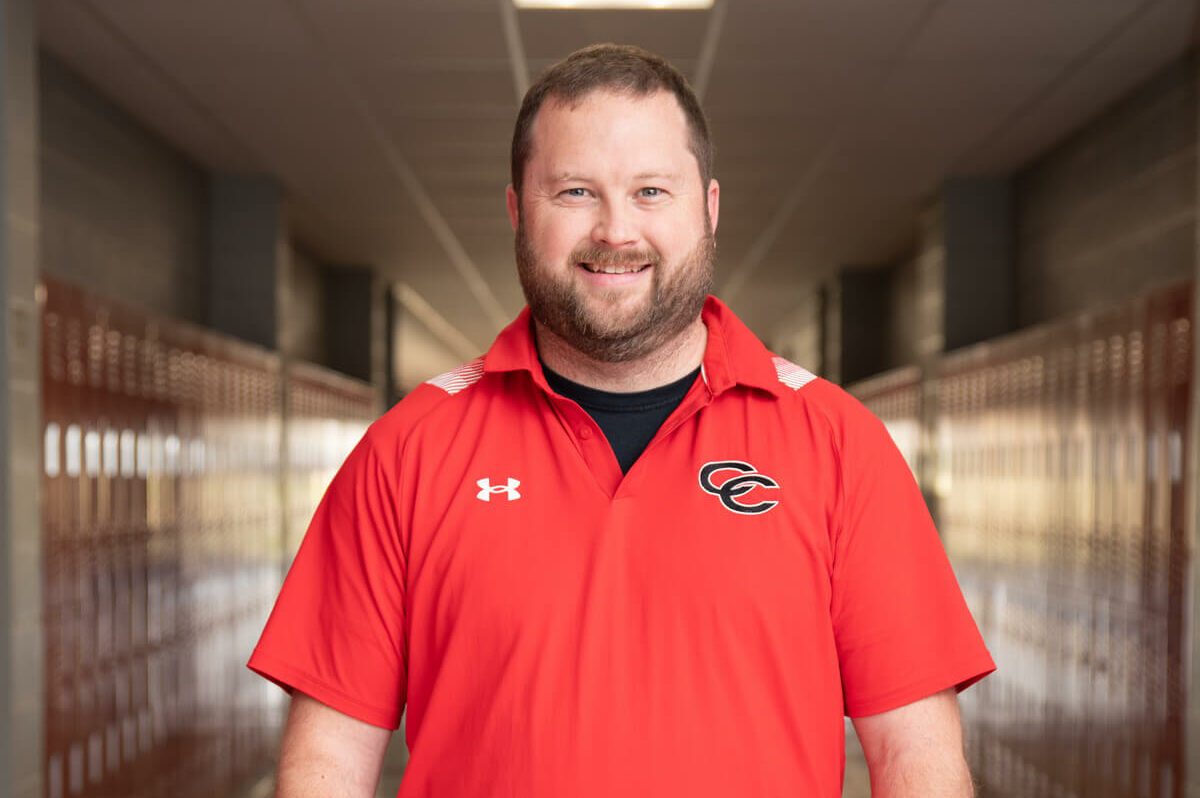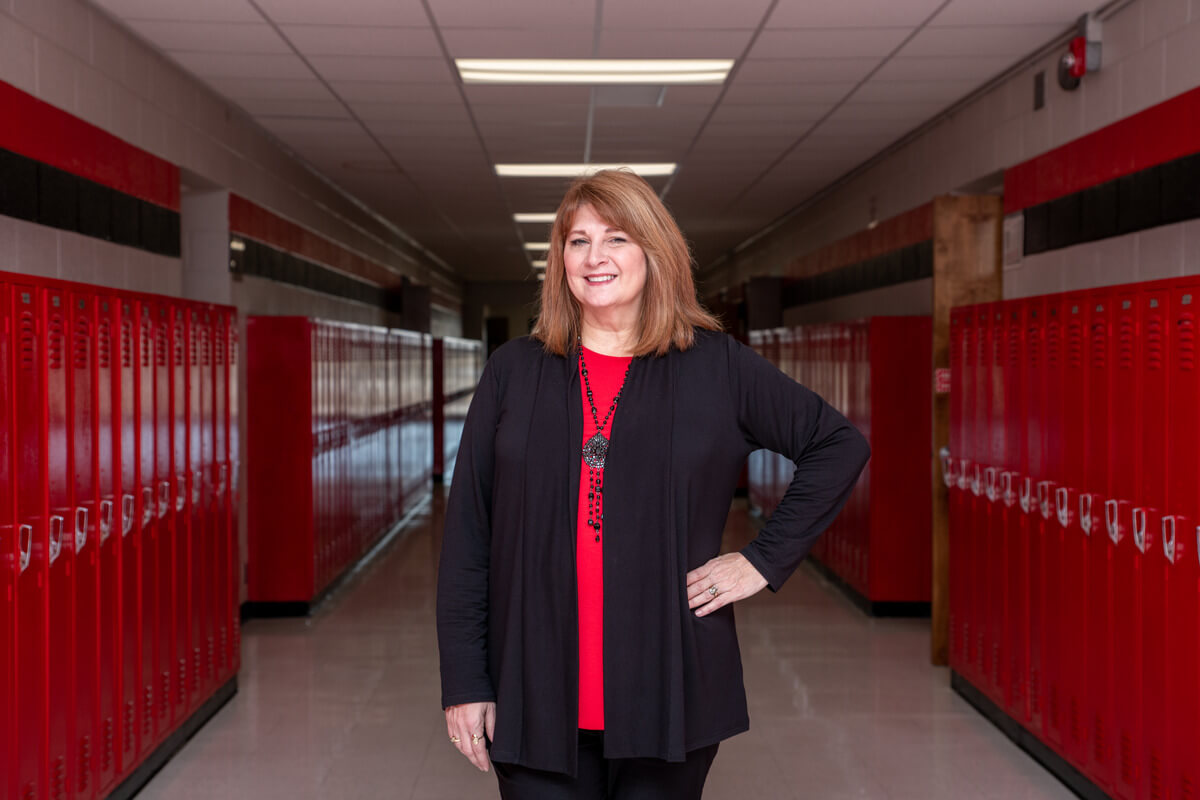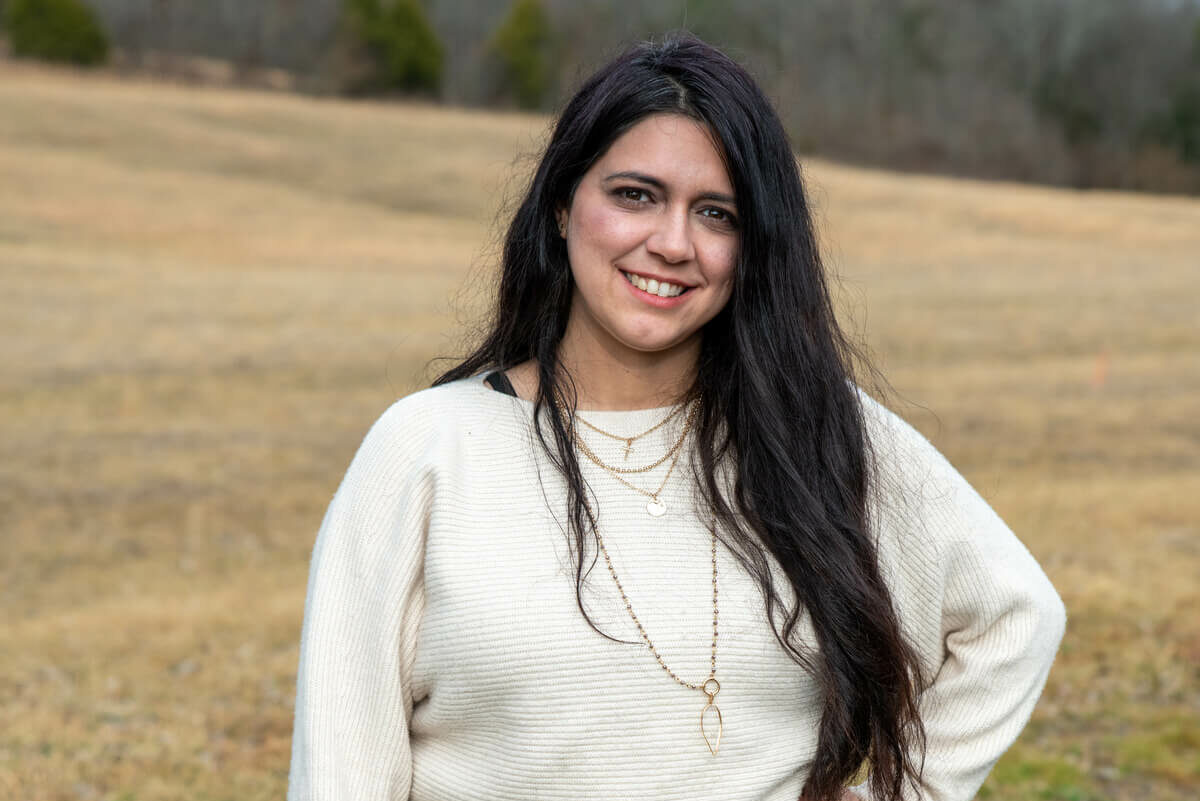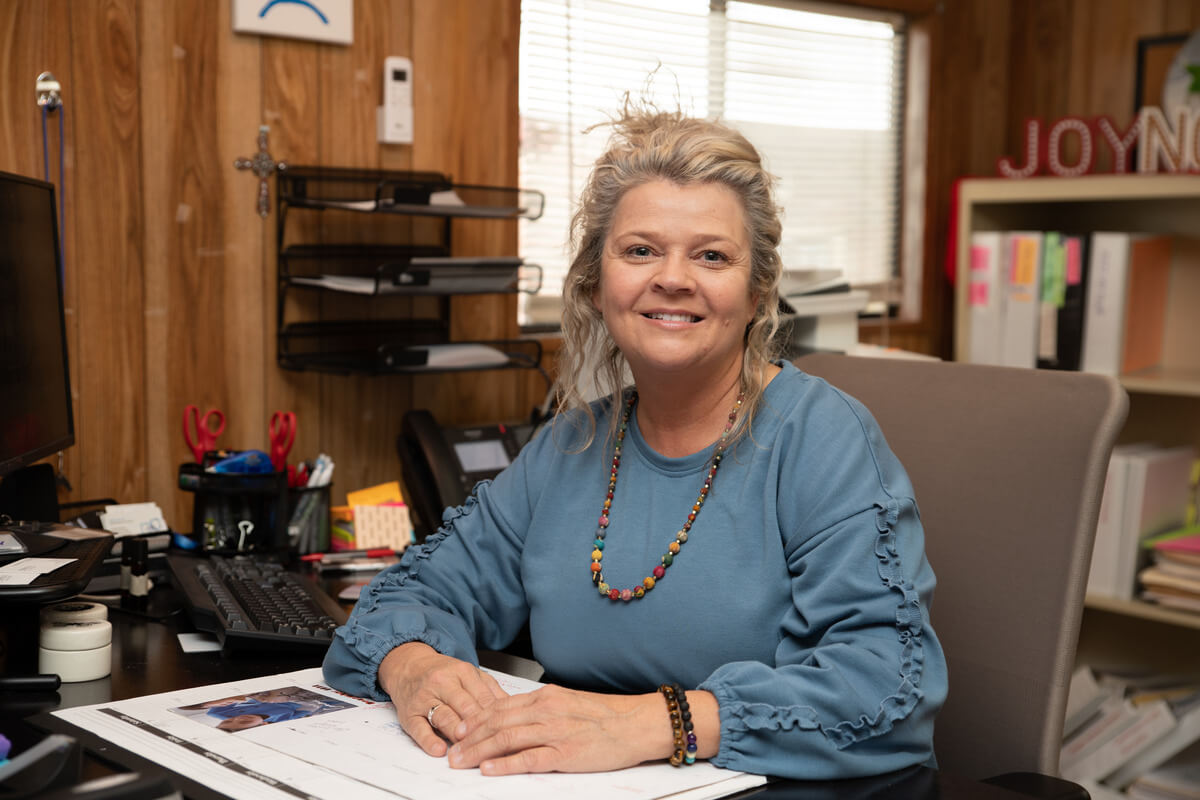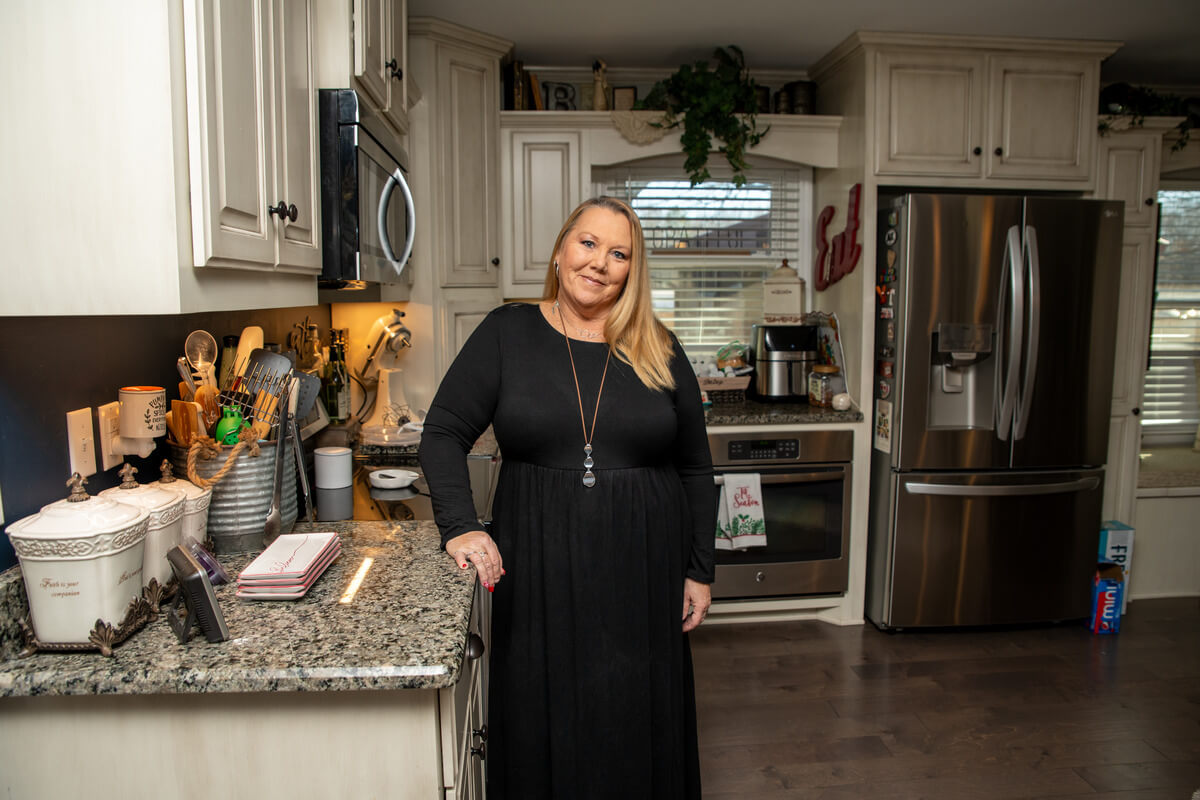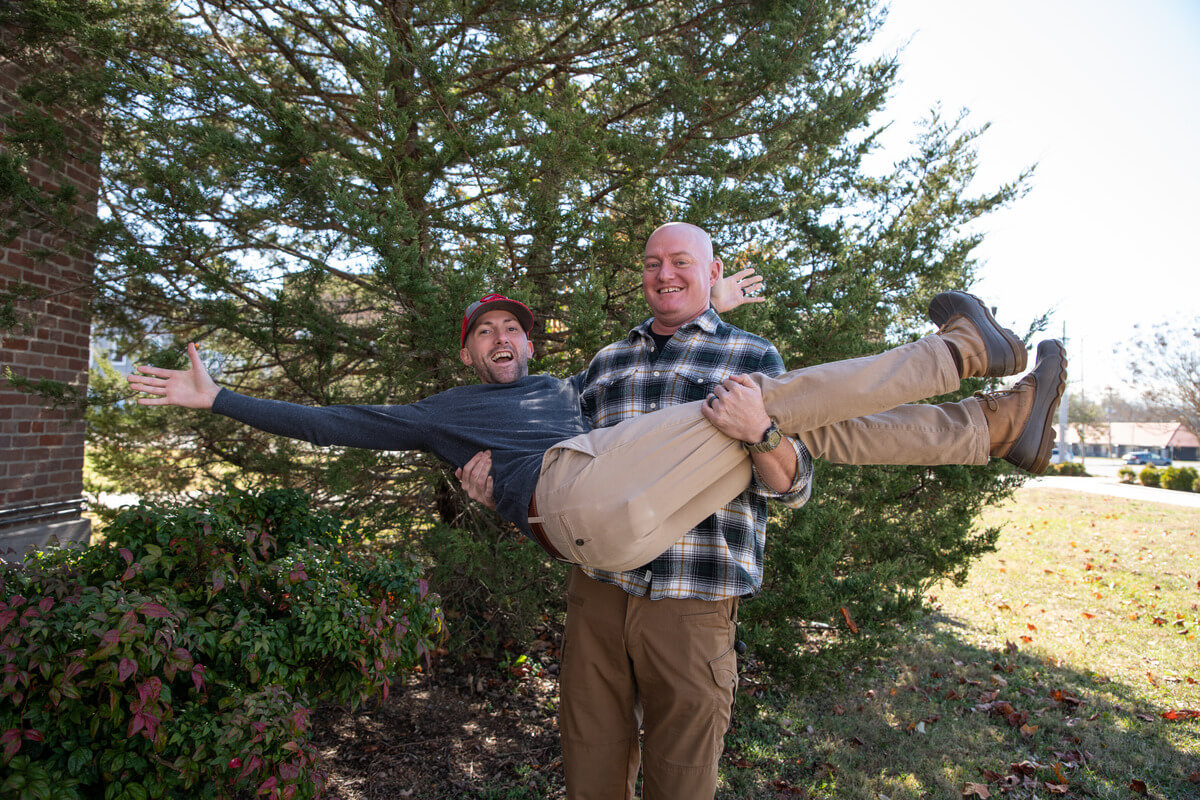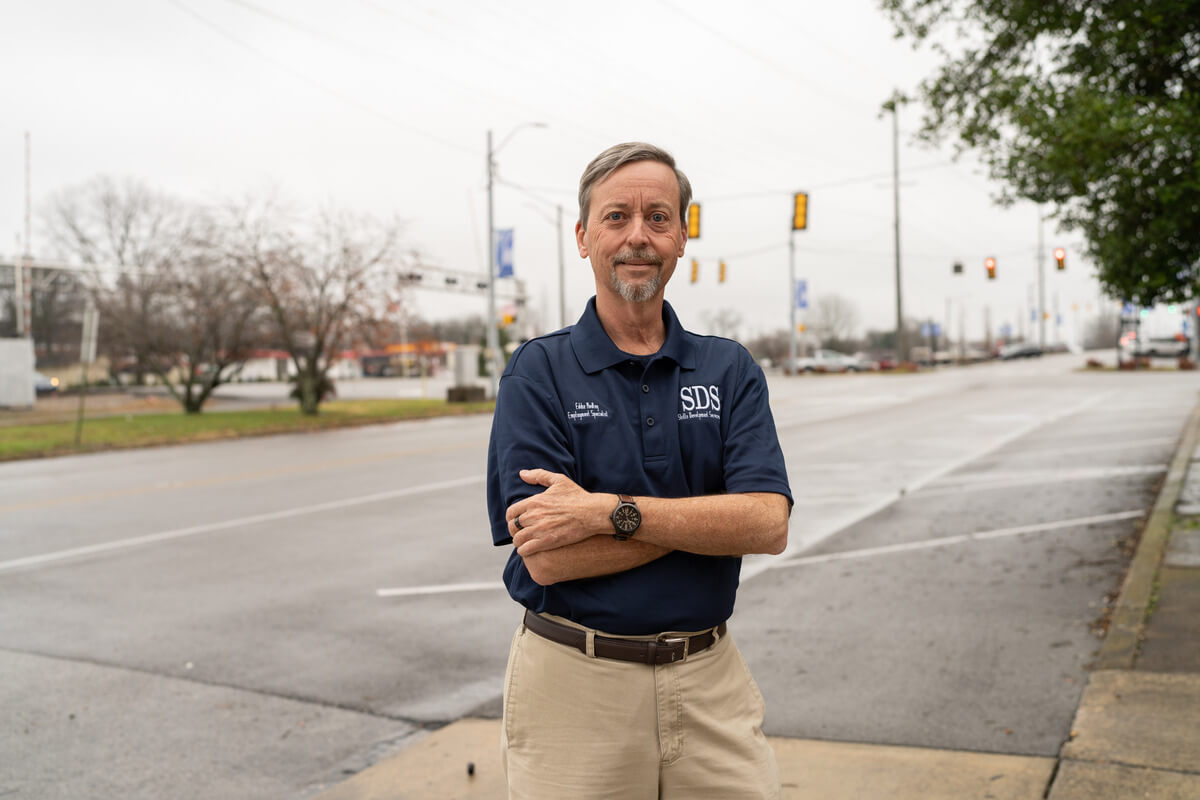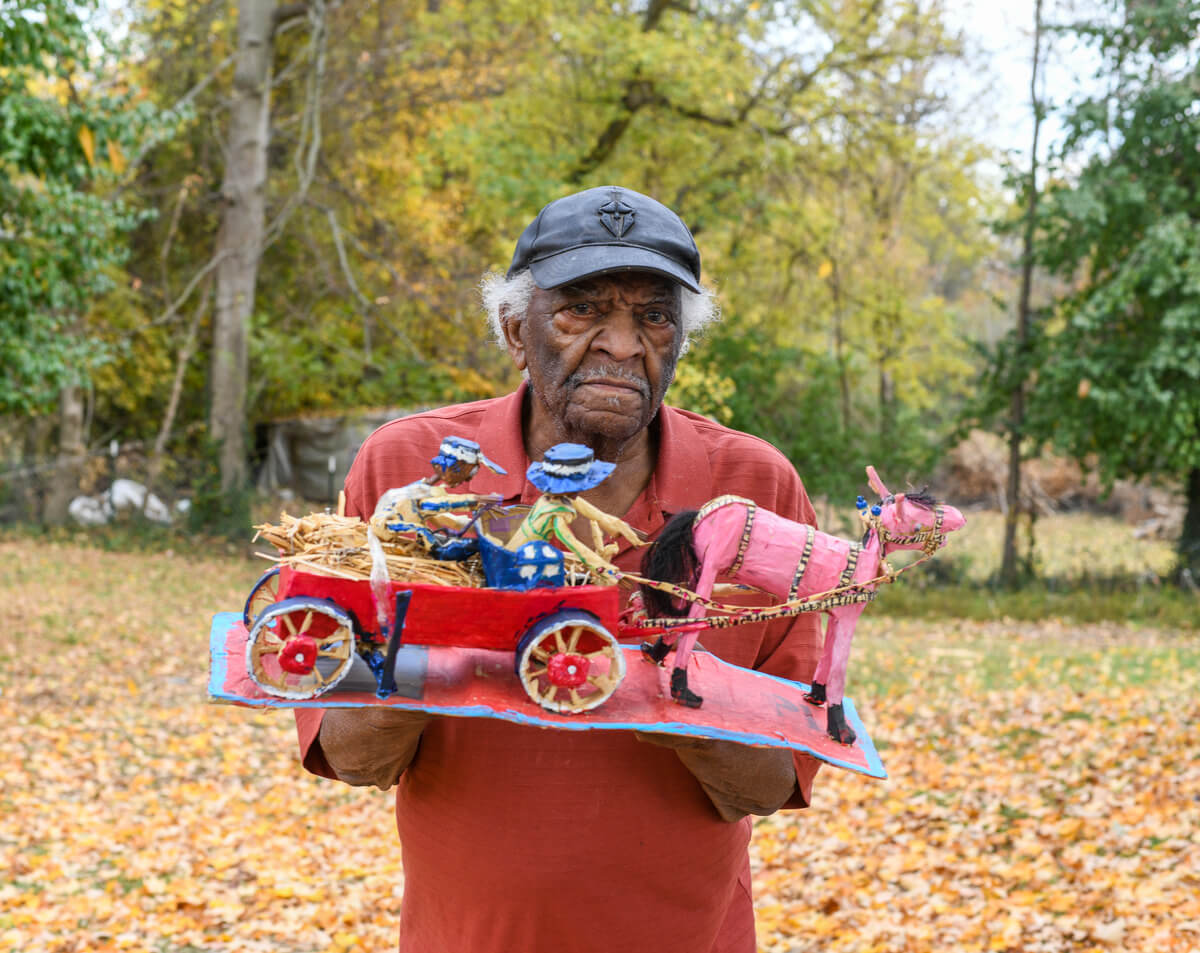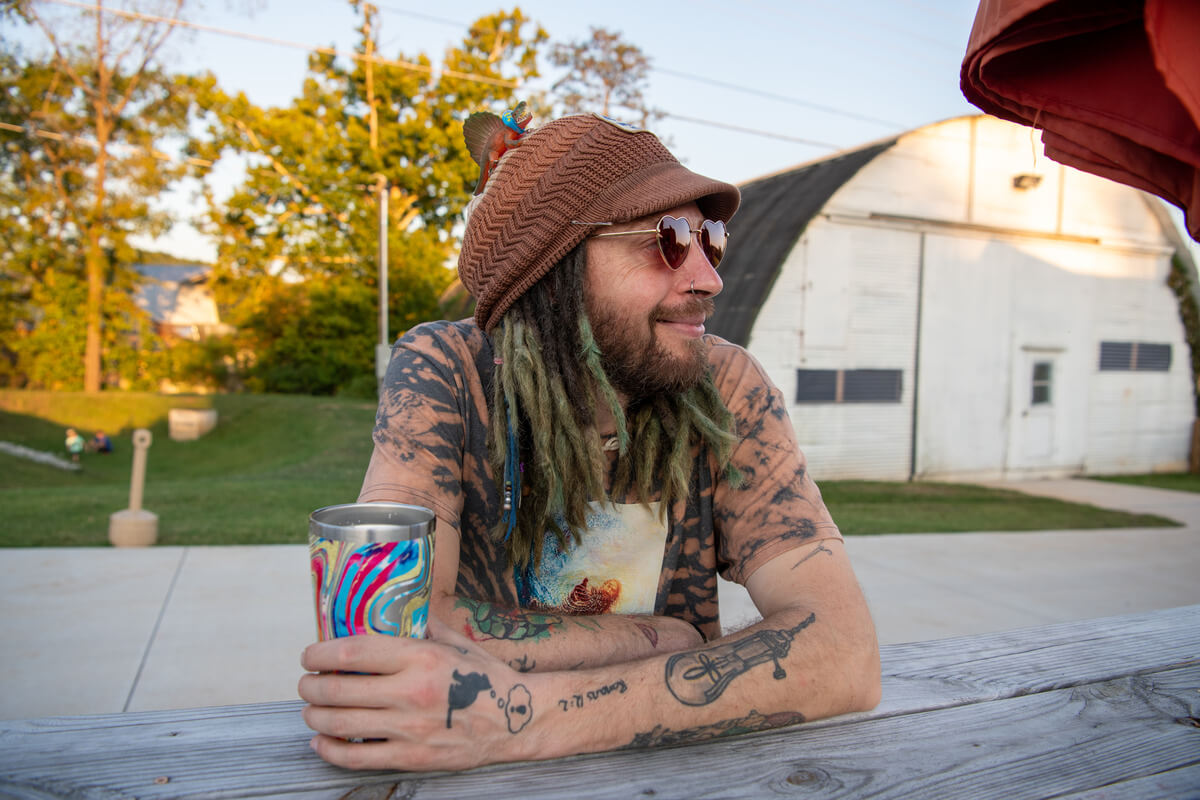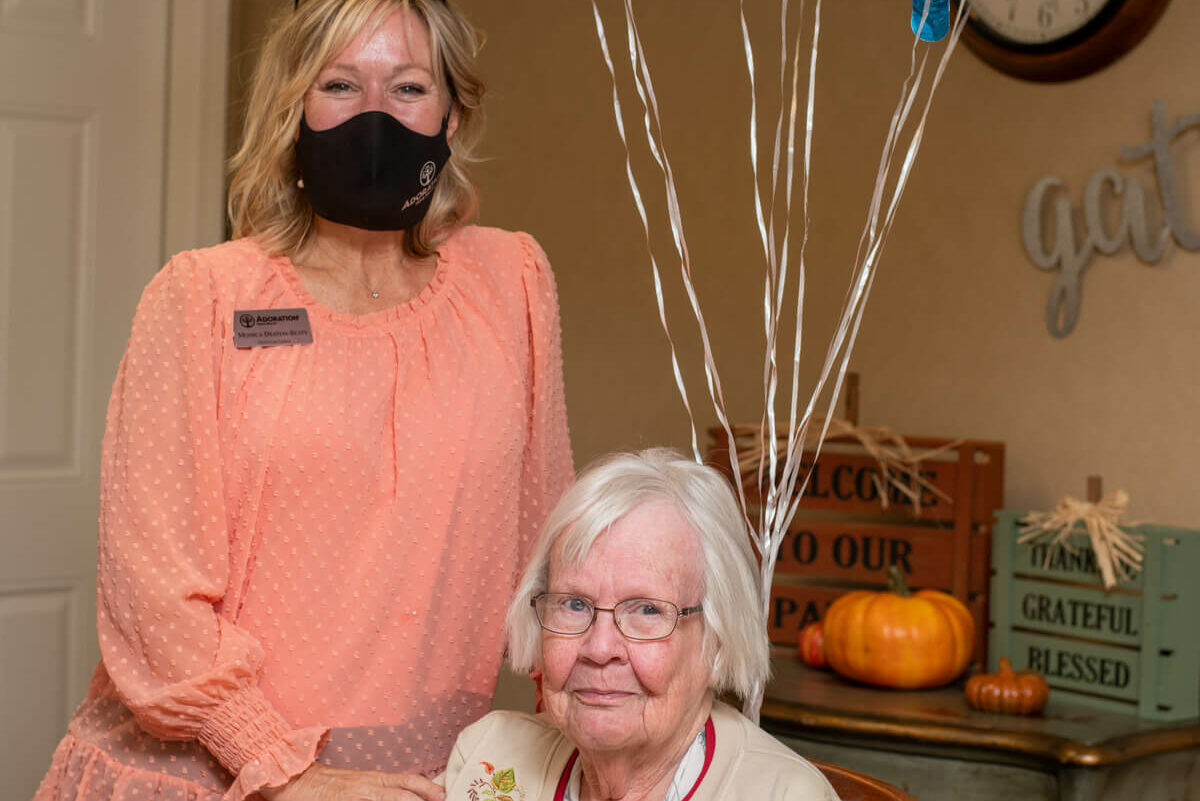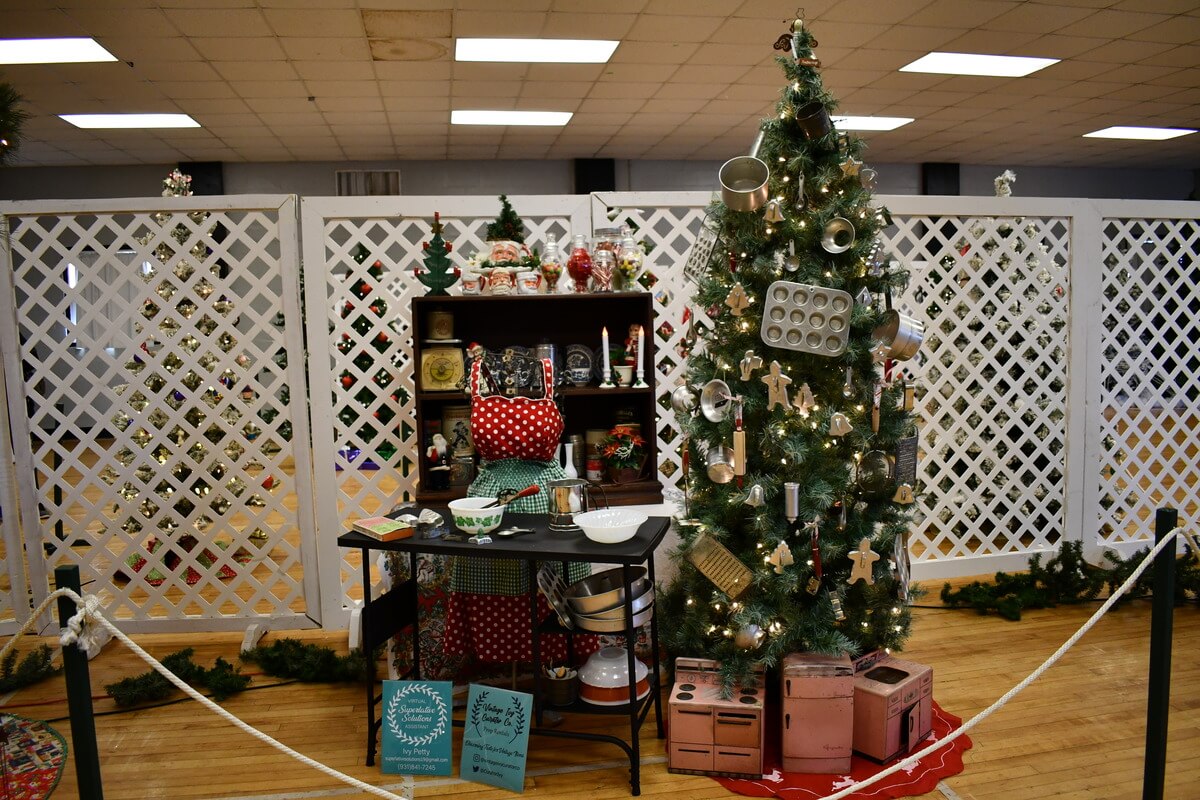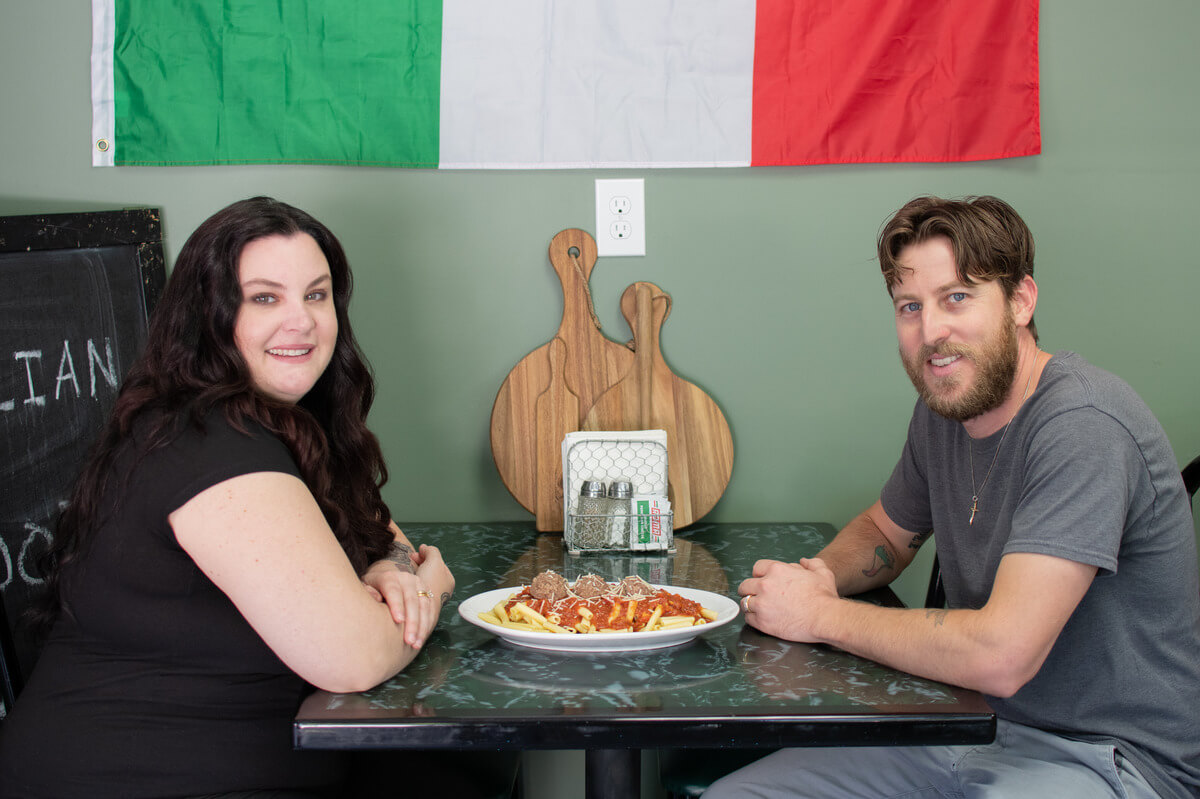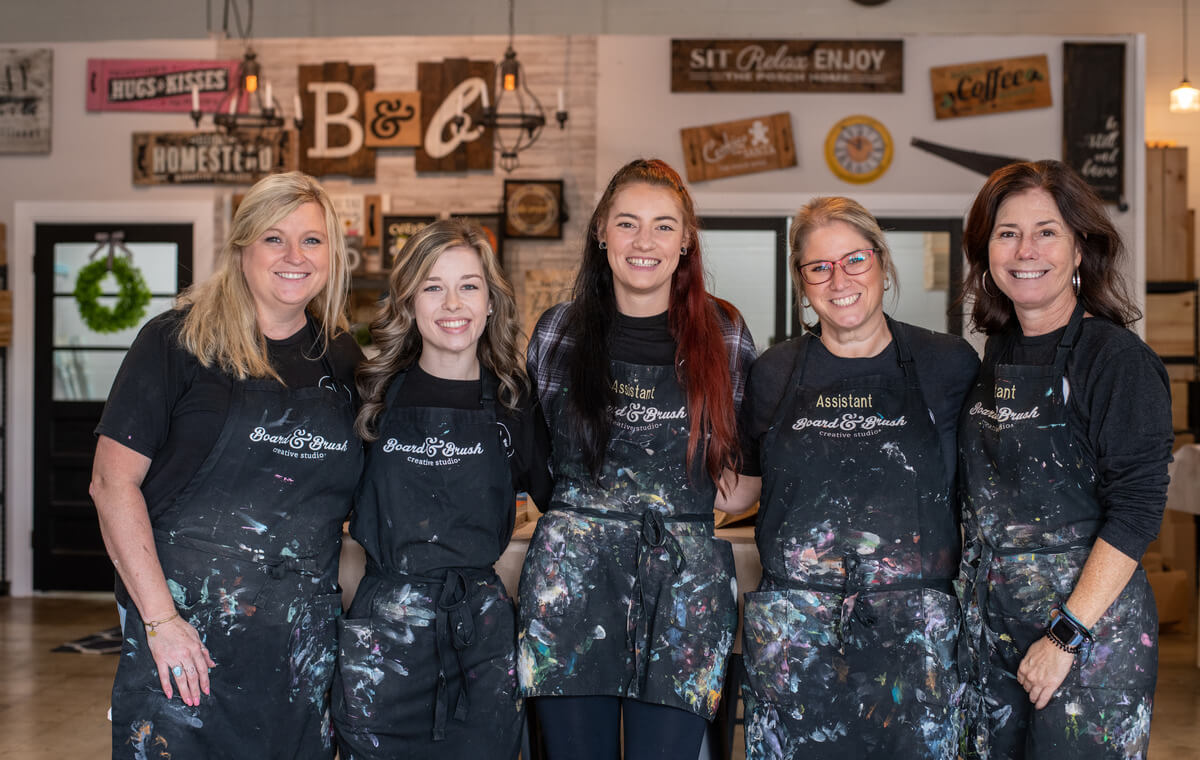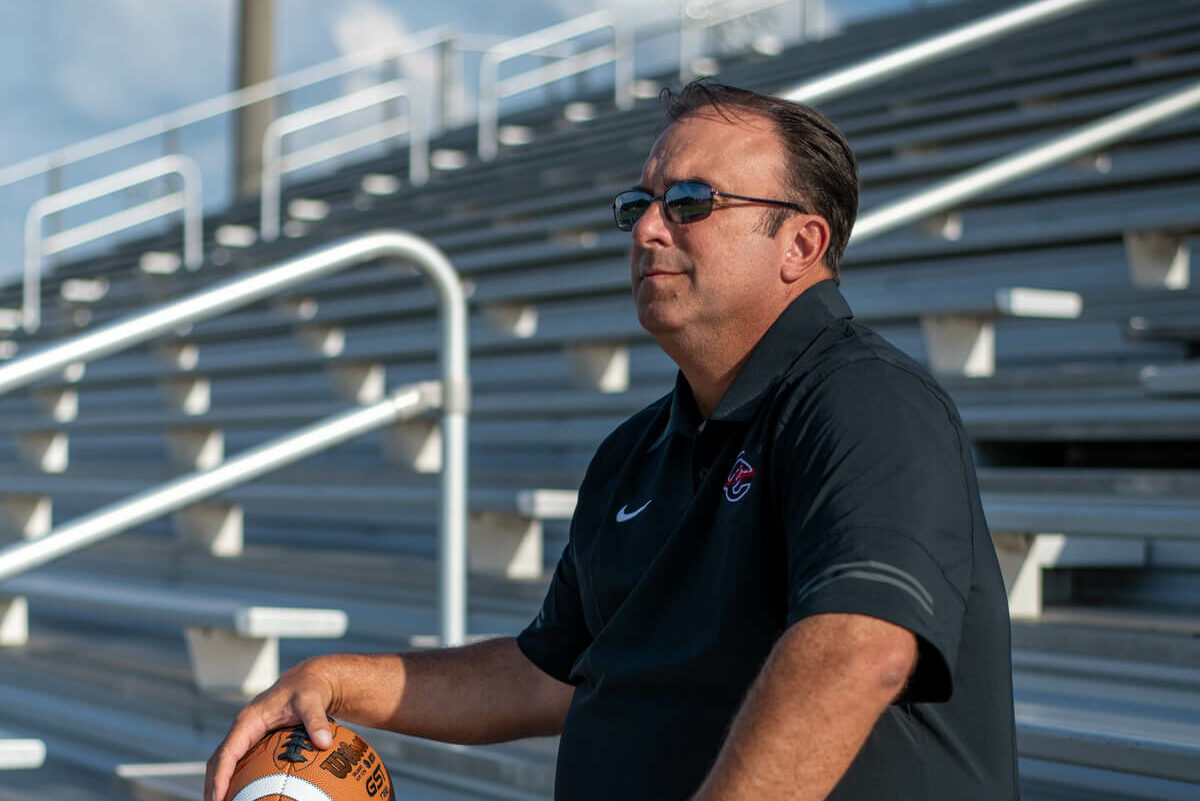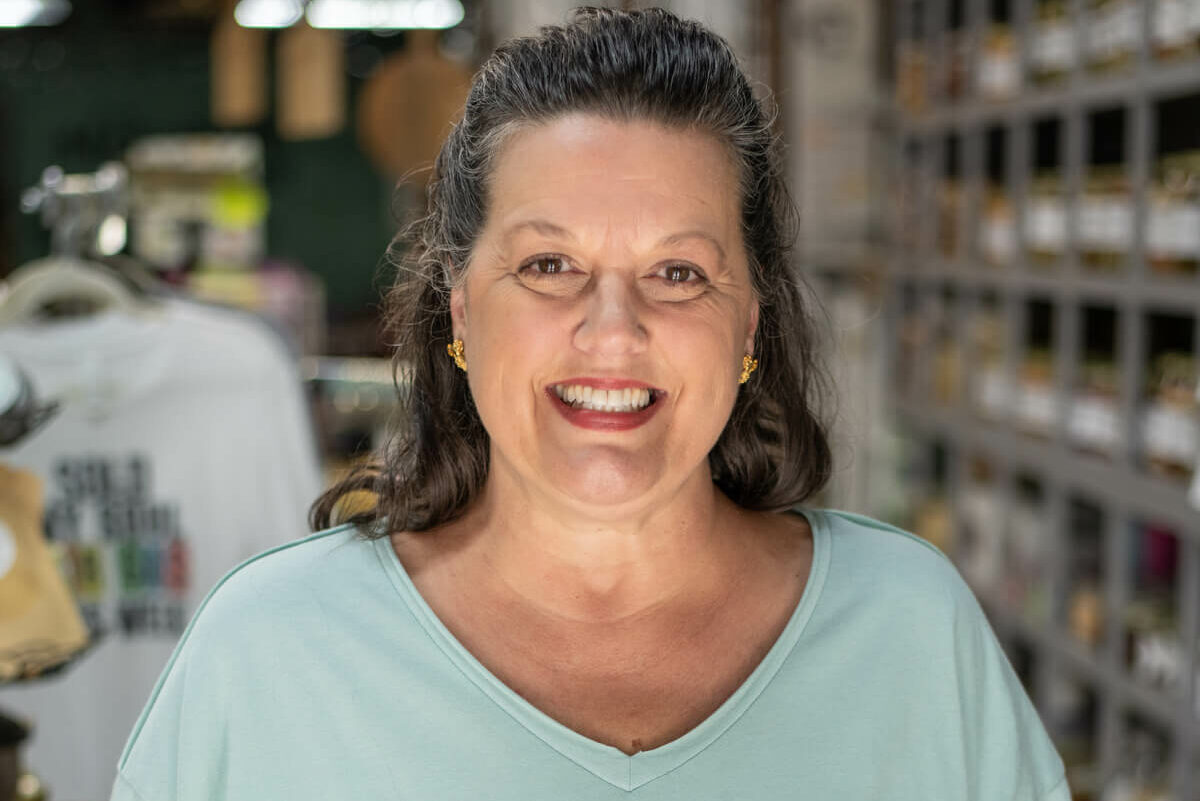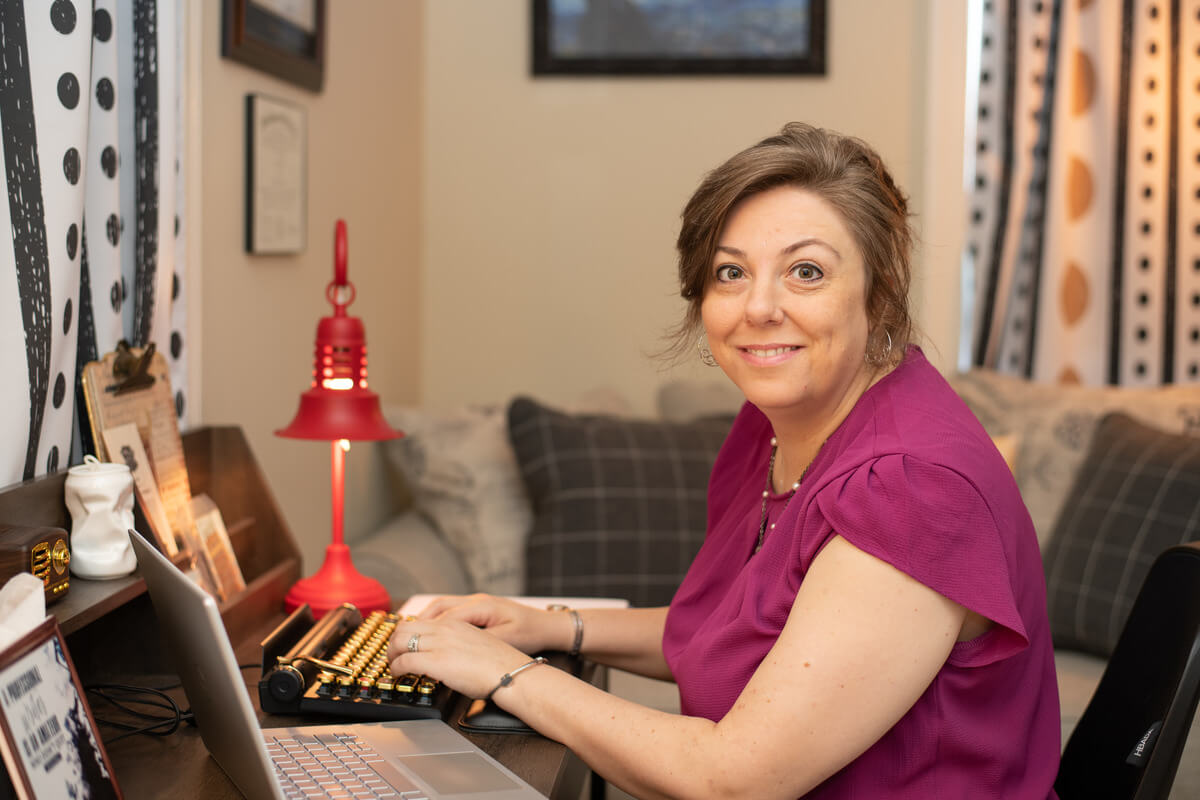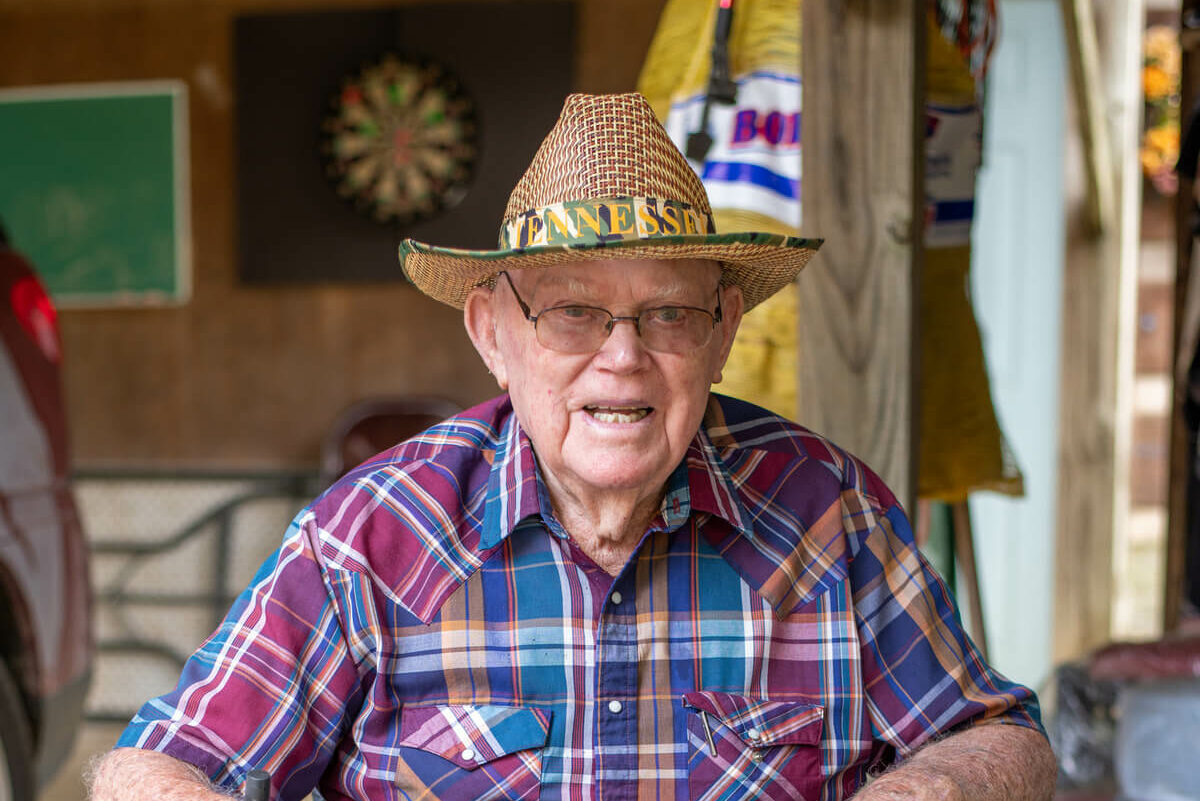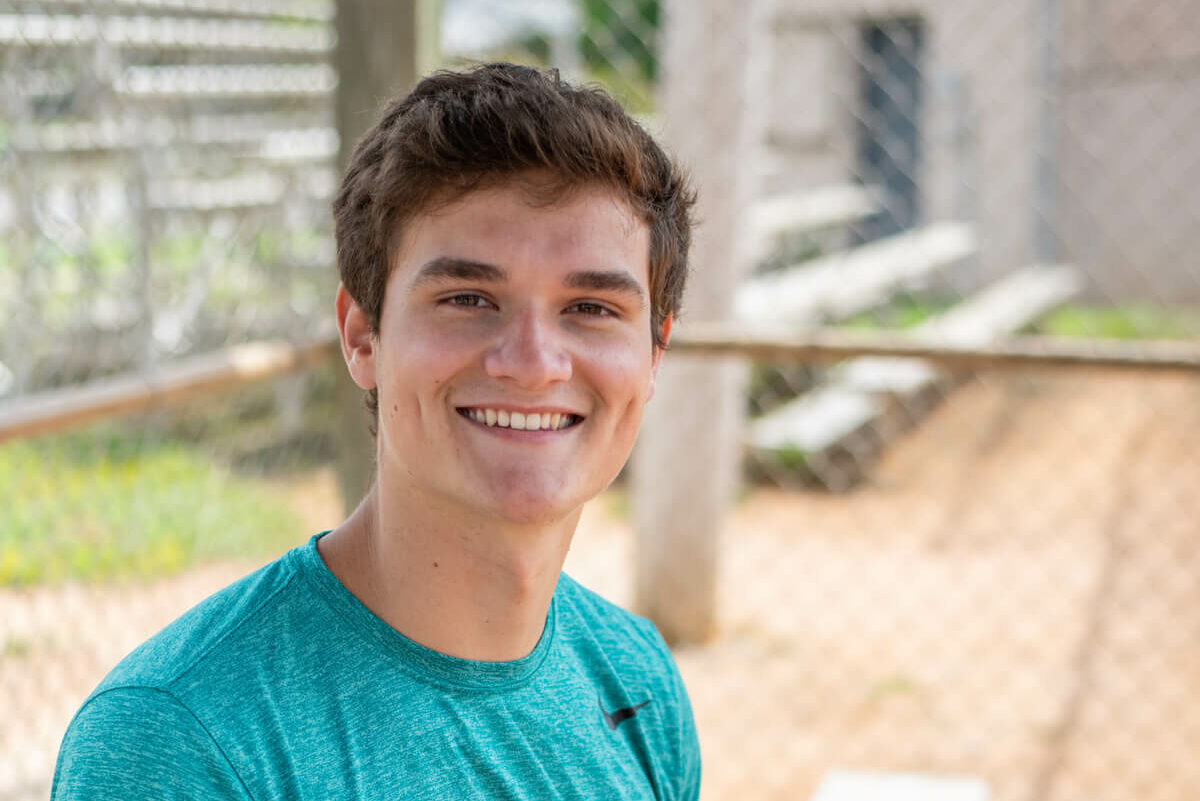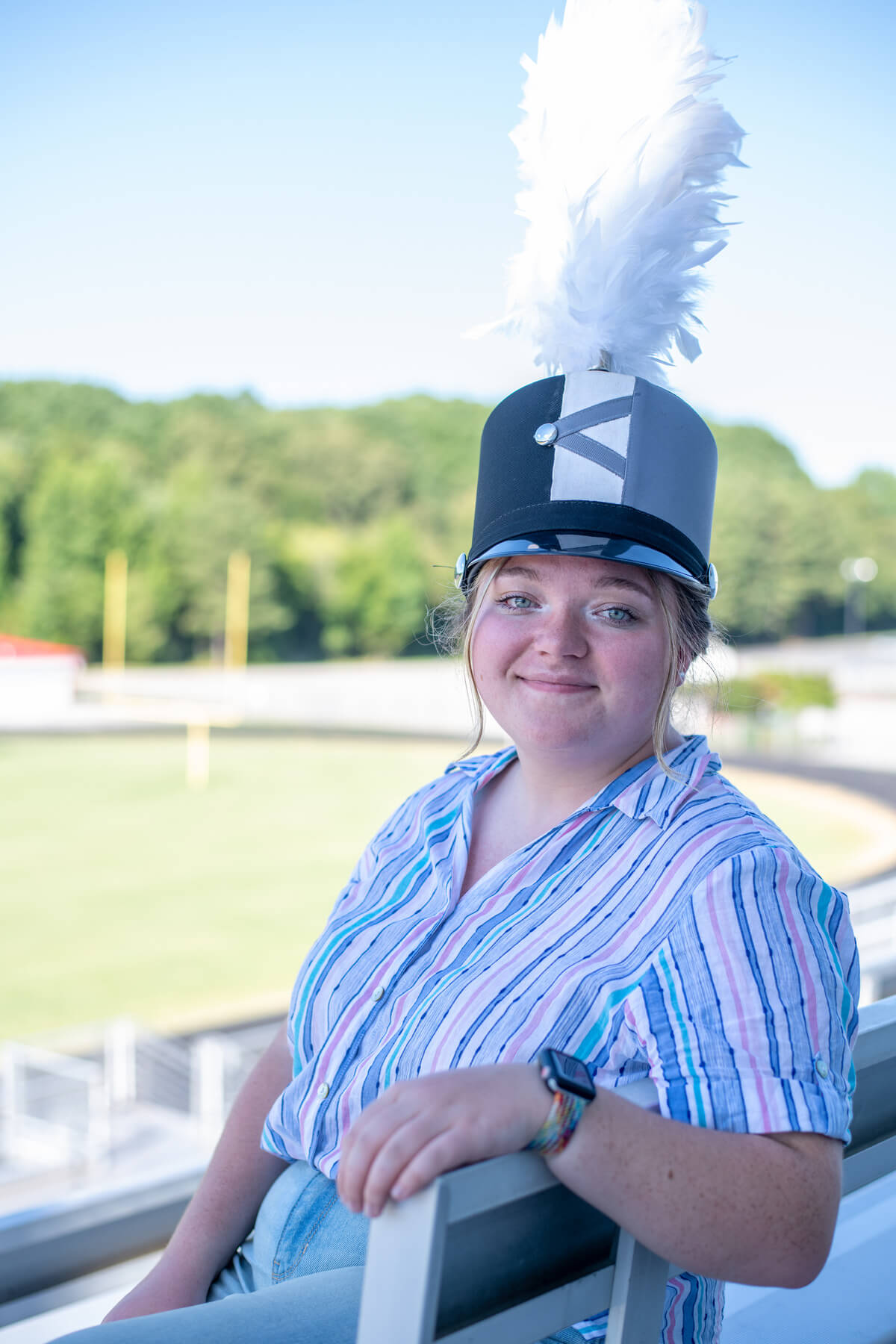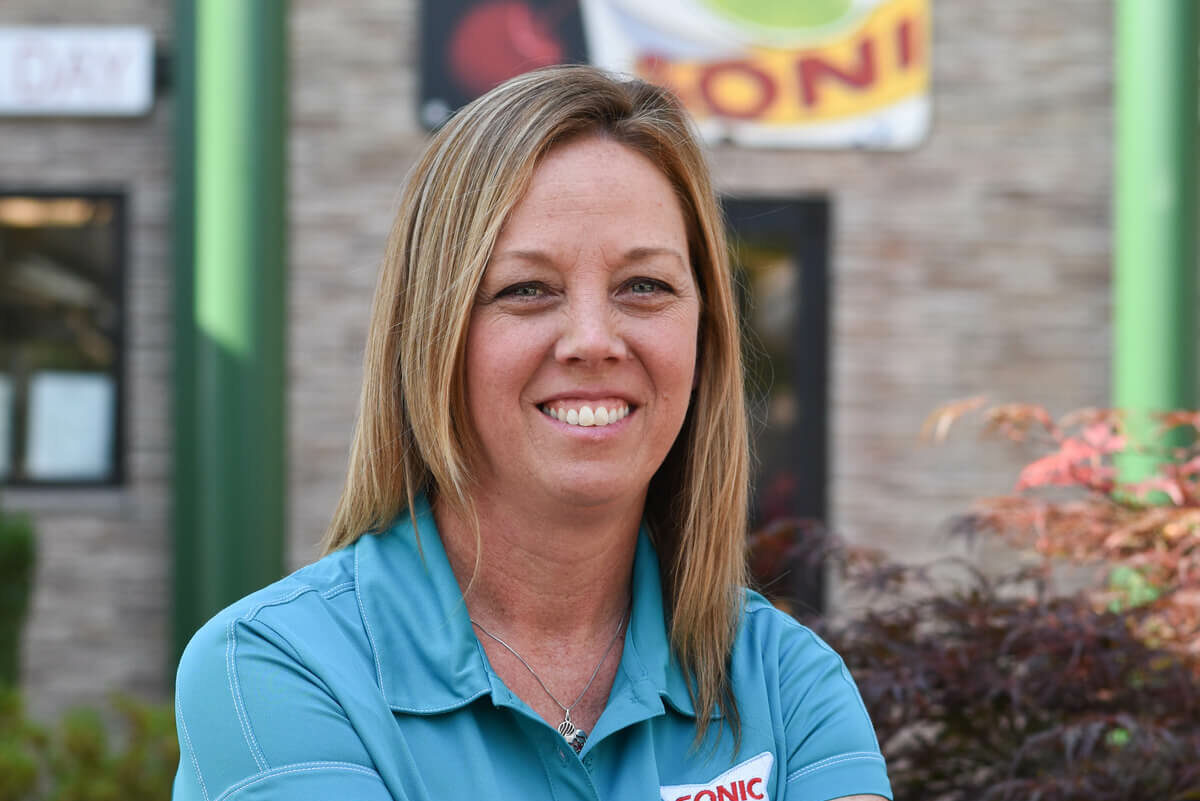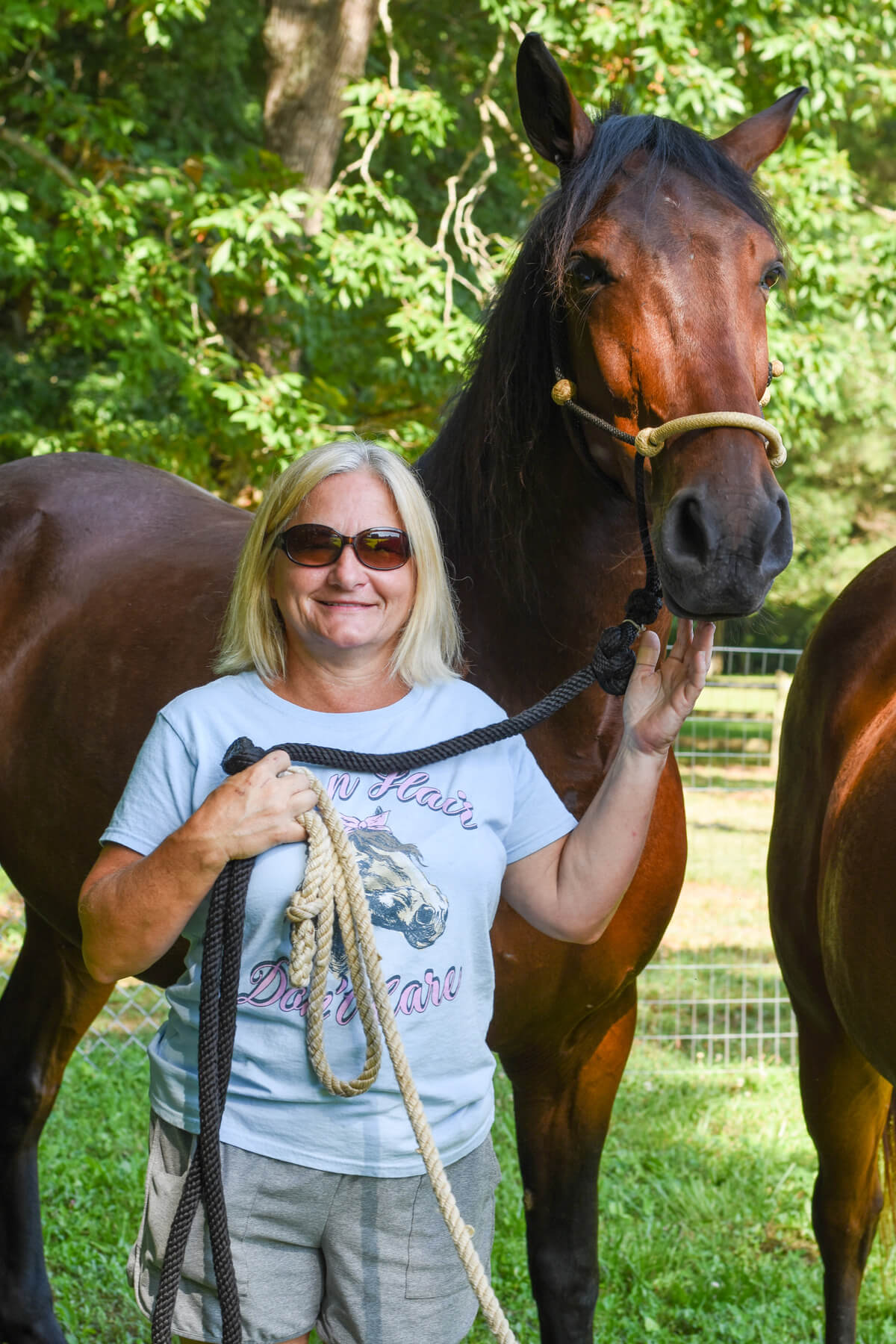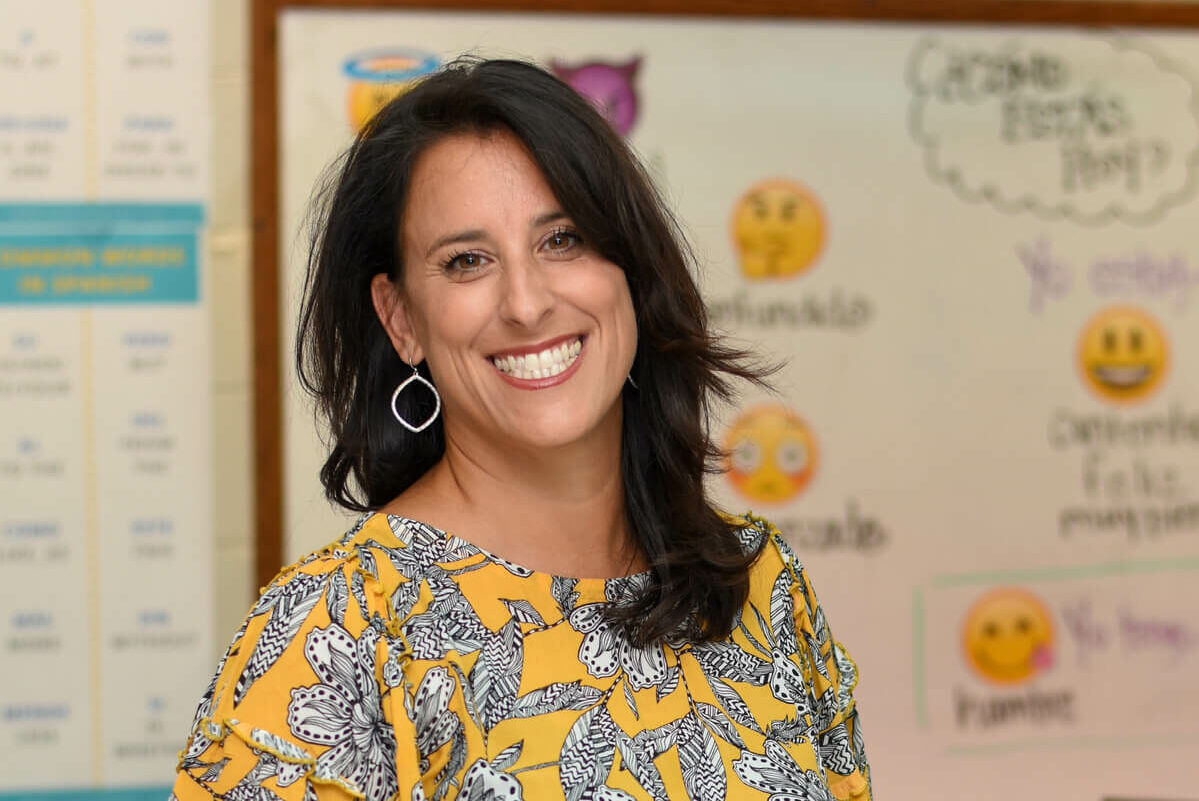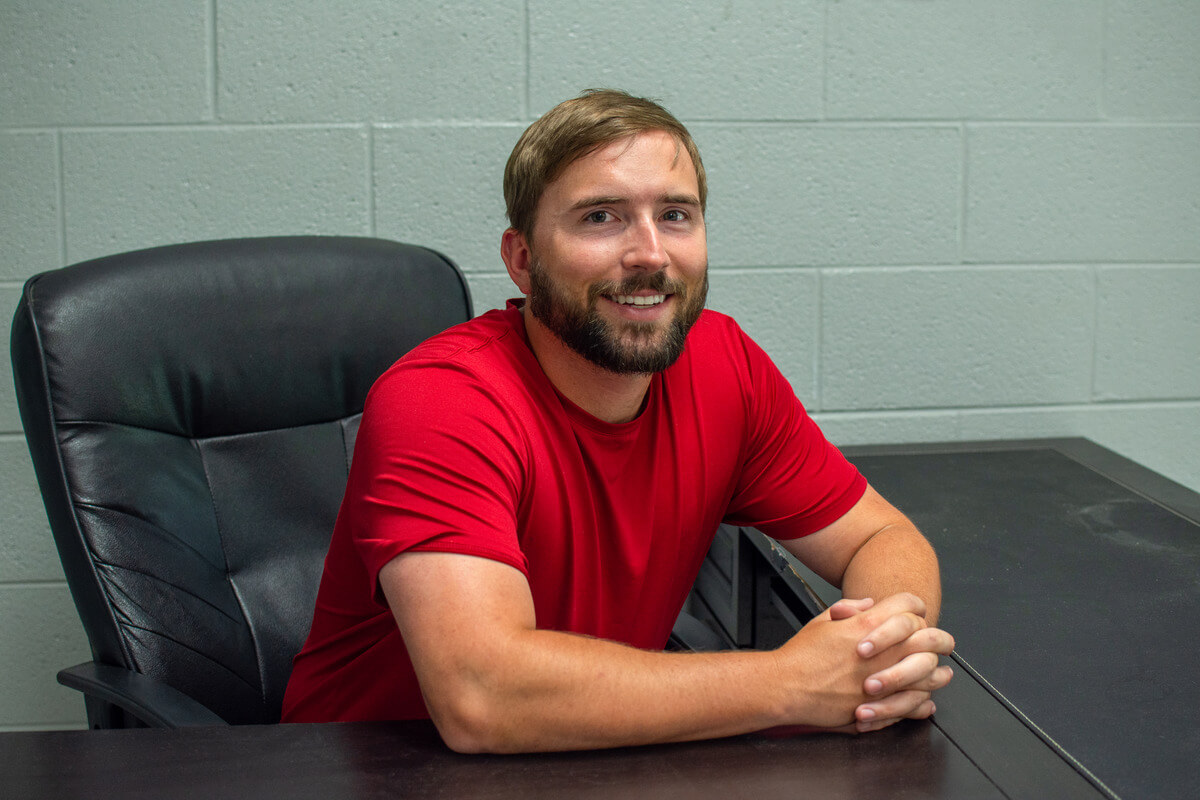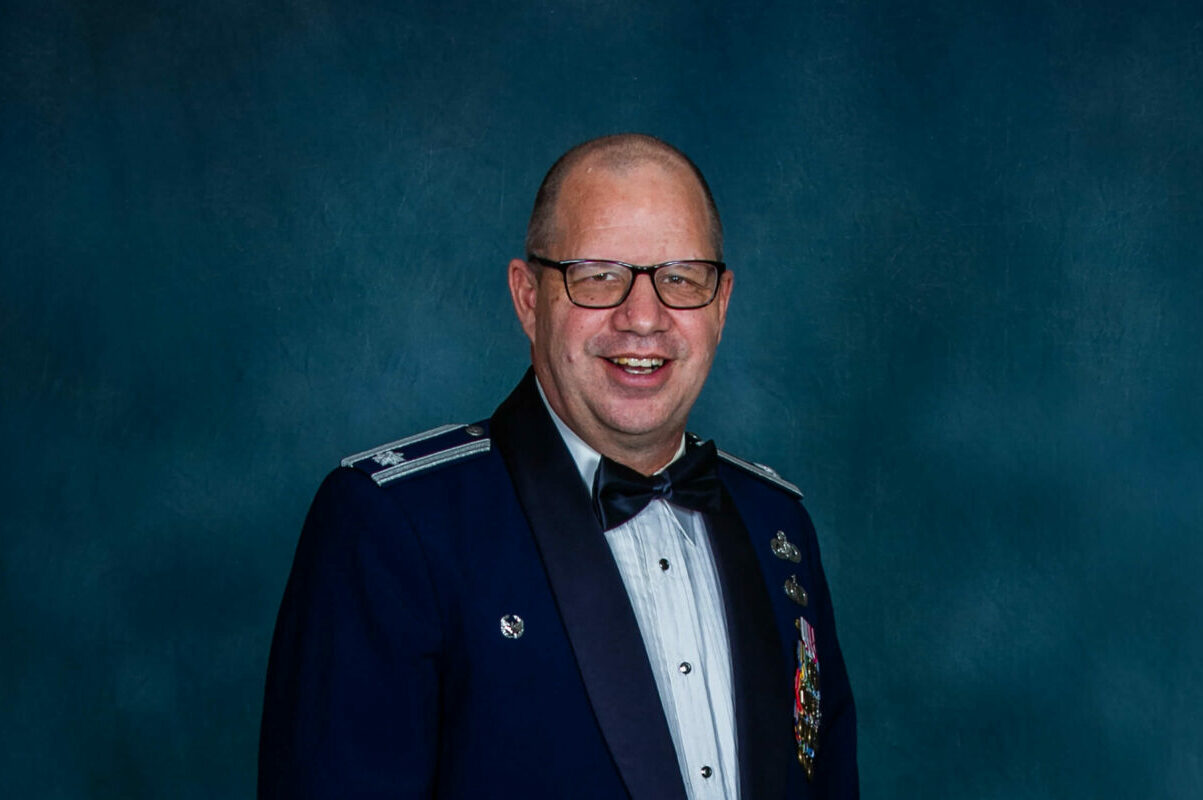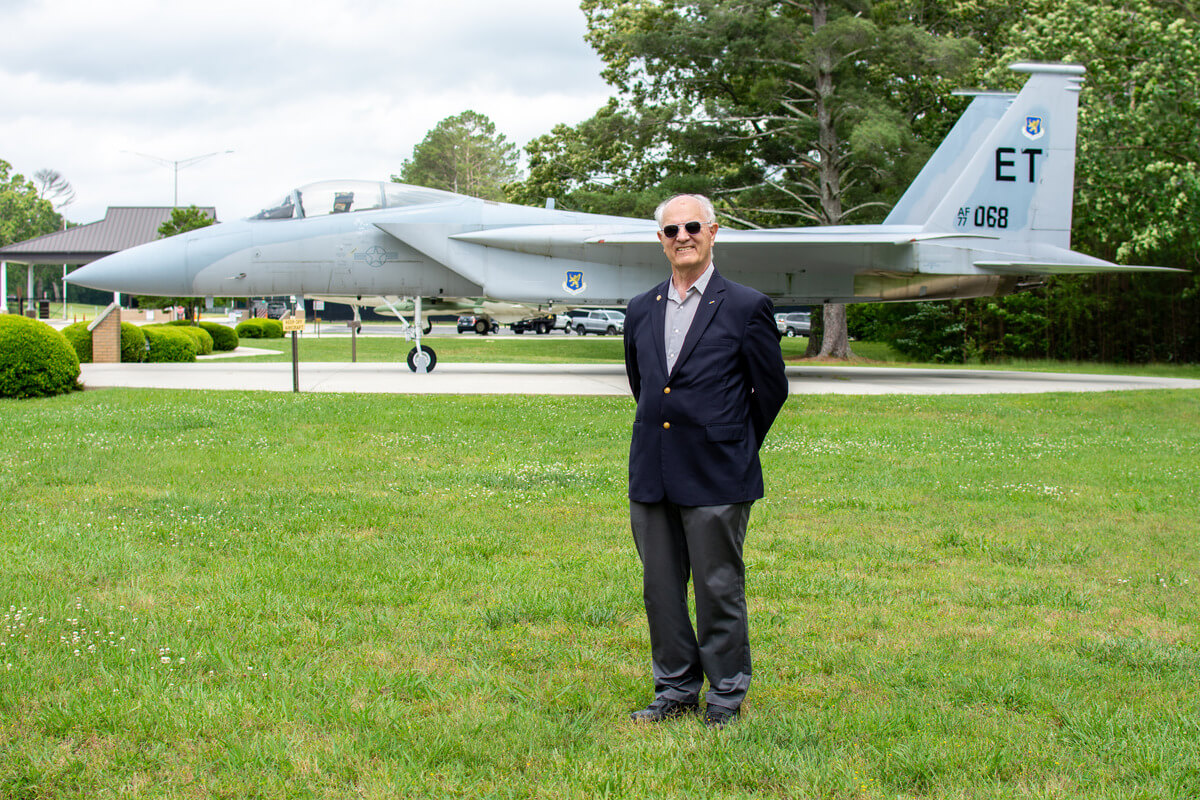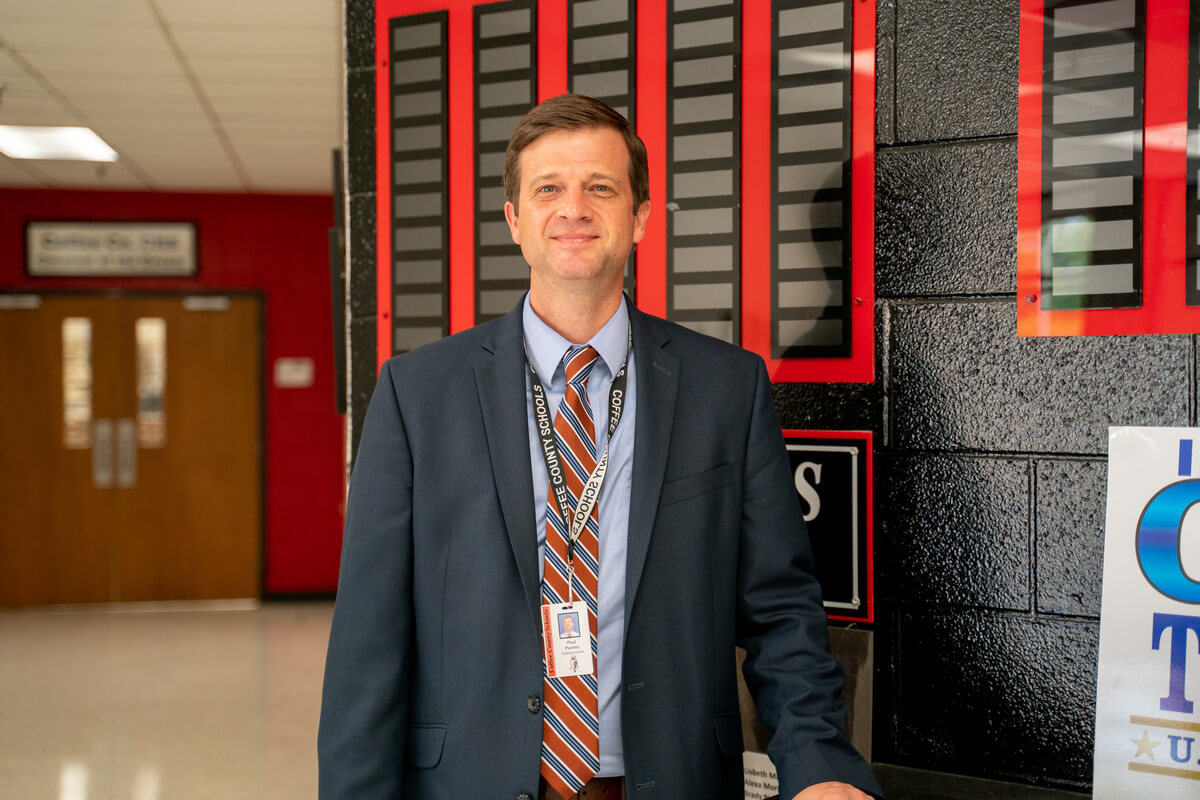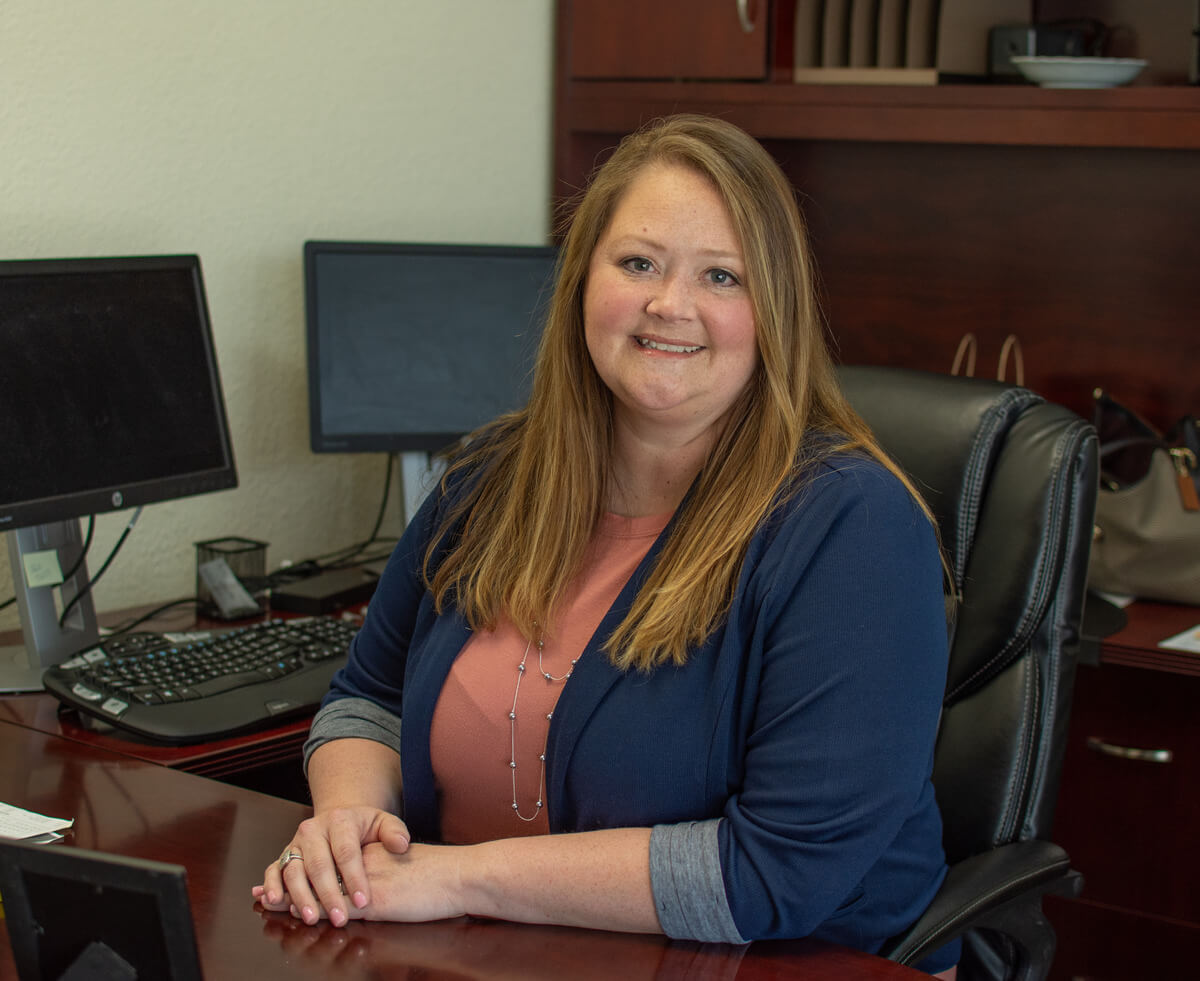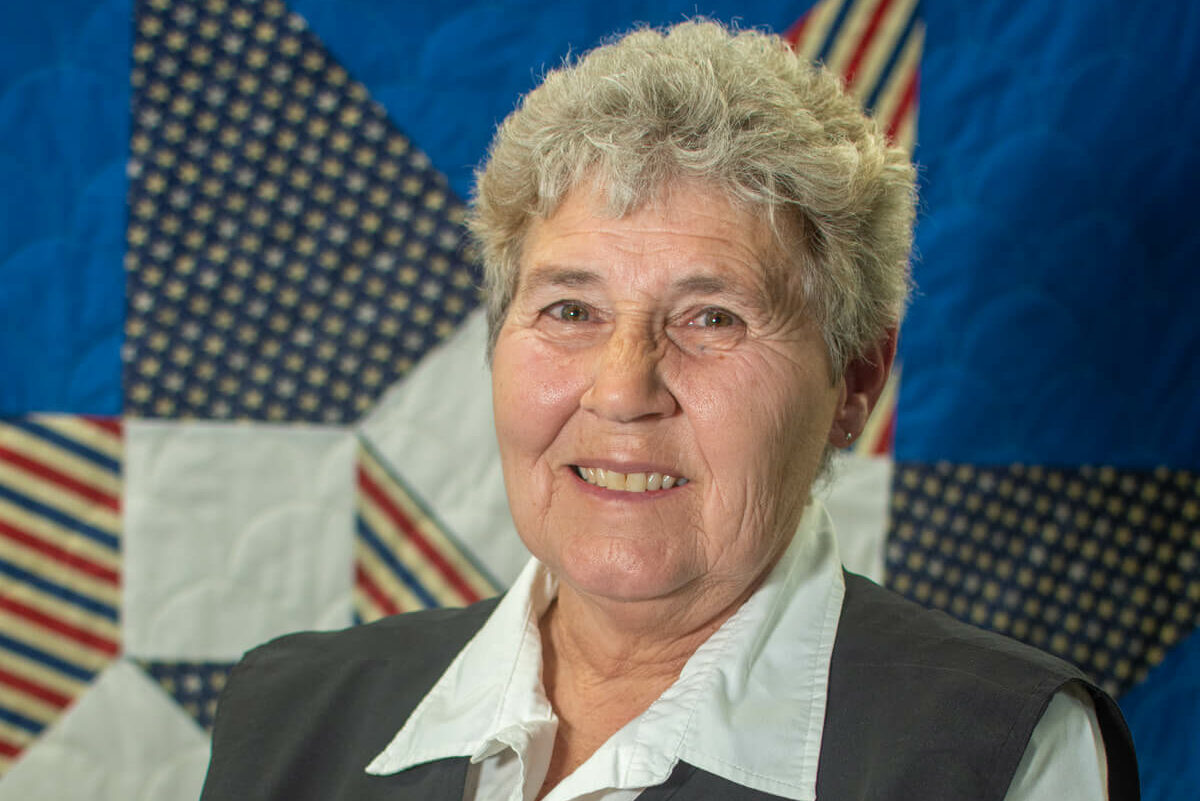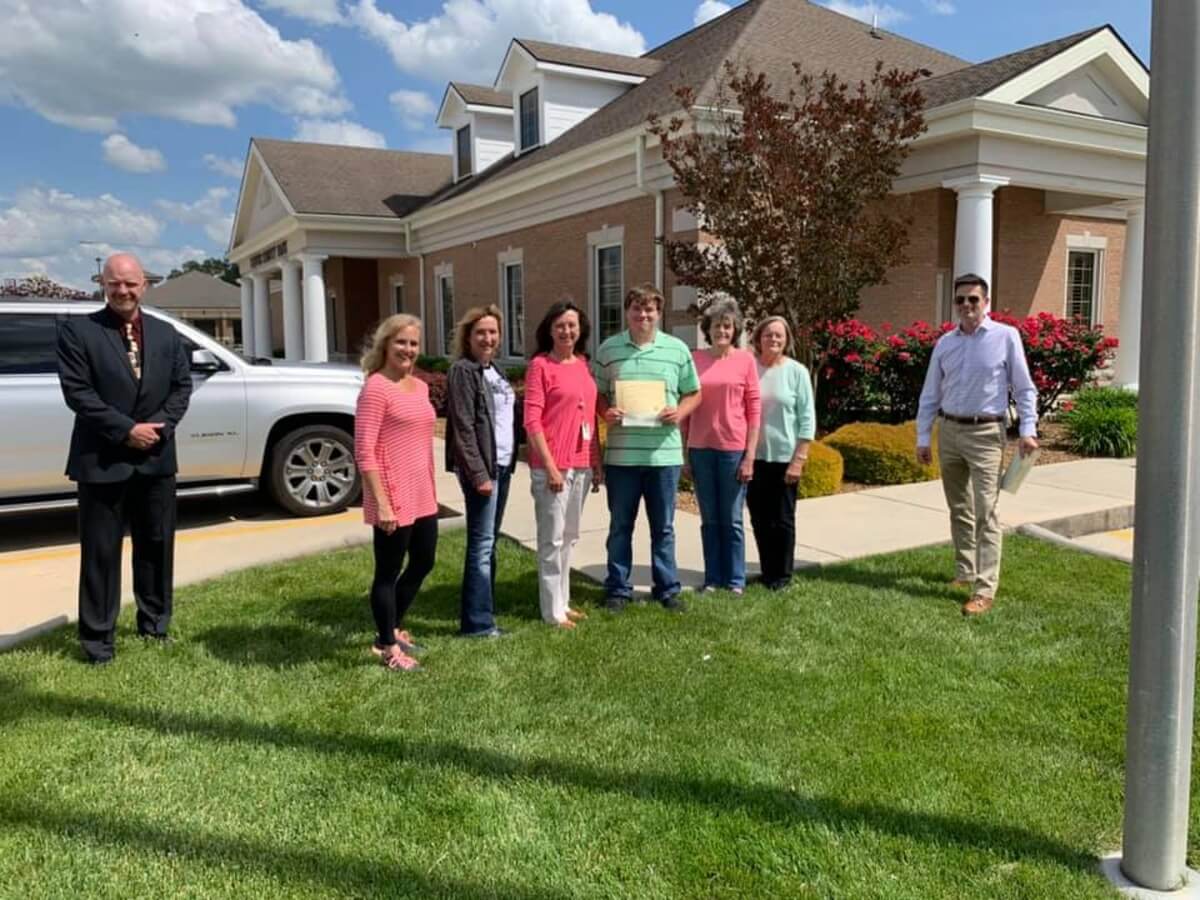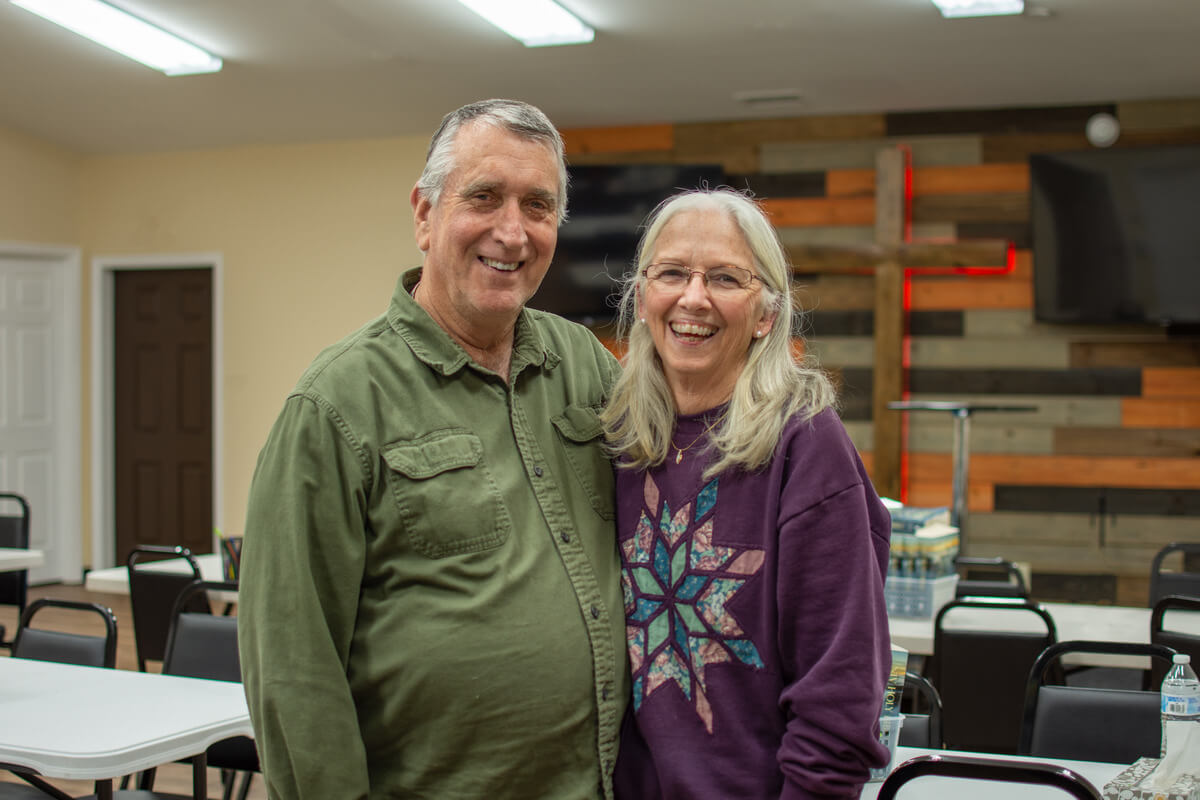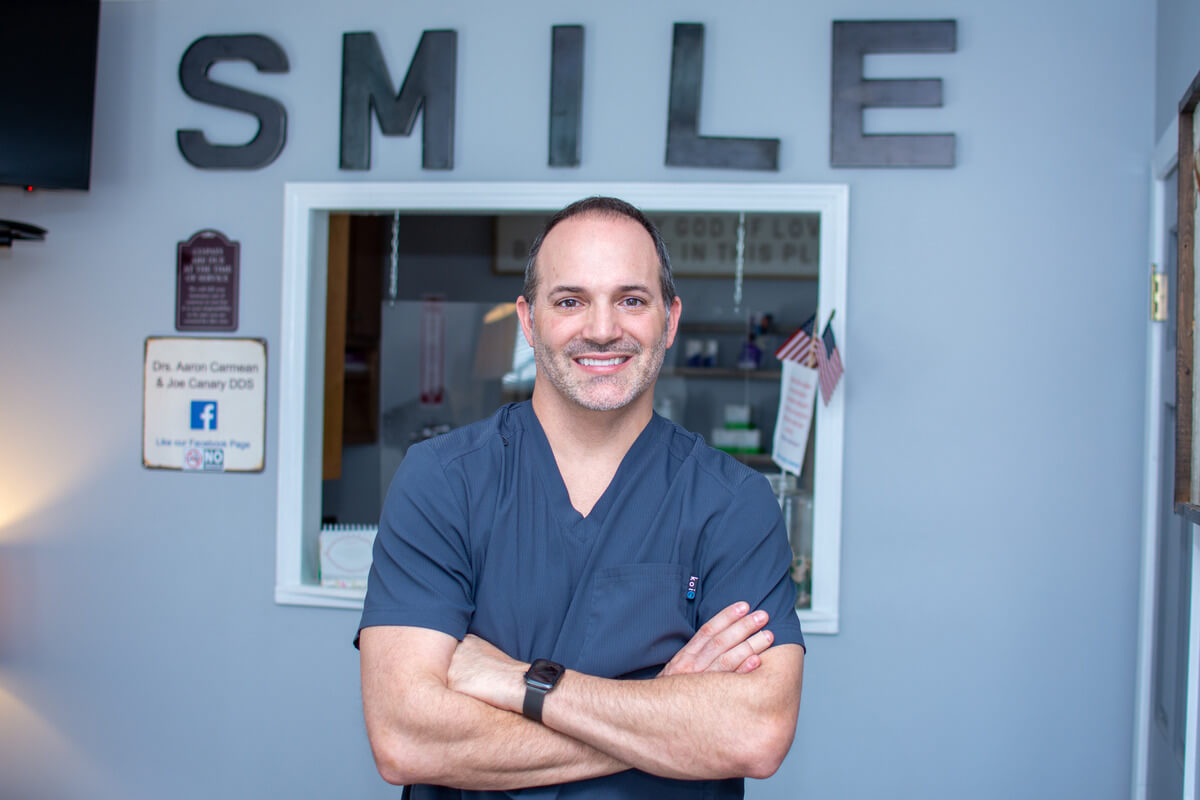Soft pink and orange hues lingered in the sky — remnants of a sun that had just set peeked through the blinds. The sounds of the busy world outside faded into the background as Lauren Tobitt adjusted her patient’s blanket, making sure the edges were neatly tucked in. She smoothed her hands over the fabric, checking for even the slightest discomfort. It was the end of another long shift, but Tobitt could hardly imagine doing anything else. Inside the room, she remained focused on the present, providing compassionate care to each patient, treating them with the same love and respect she would offer her own family. The ambiance here contrasted sharply with the commotion outside, where the noise of the world continued unabated.
After graduating from high school in McMinnville, Tobitt began her career as a certified nursing assistant at a nursing home. She had planned to begin her prerequisites for nursing at Motlow State Community College, but life, as it often does, had a different plan. Due to unfortunate circumstances, she did not finish her prerequisites and decided to continue serving older adults in the community.
Here, inside the peaceful reverence of the hospice wing, she found her gift. It has always been the simple acts of care that resonate most with her. She makes sure an Alzheimer’s patient has their favorite chamomile tea sitting by their bedside, its steam curling and issuing comfort. She brushes their thin, silver hair, each stroke a lullaby from years gone by.
It all comes from the mindset that every resident deserves dignity and respect.
“Life doesn’t end when you reach your golden years,” she said. “It just changes a little.”
Sometimes, the weight of that change could feel overwhelming, both for the residents and their families. But Tobitt’s gentle and insightful demeanor helps ease the transition into this new season of life, making it as smooth and comfortable as possible. Families find comfort in knowing that their loved ones are well cared for, while those without close relatives feel that their void is filled by the love and support of their caregivers.

“Honestly, it’s the simple things again — like brushing someone’s hair, fixing it the way they like, or putting on their favorite music to calm them down,” Tobitt said. “It’s the things we often take for granted that matter the most.”
One resident’s niece recalled a touching moment during her aunt’s hospice care at the nursing home. Following her first shoulder surgery, she was unable to drive but felt a strong urge to see her aunt. The day before her aunt’s passing, she patiently waited for a ride to visit her one last time.
When she finally arrived, Tobitt had already anticipated the resident’s need for comfort. Knowing that the aunt’s favorite CD player had stopped working, she gently placed her personal phone on the aunt’s chest, playing her favorite songs to soothe her in those final moments.
Though staying by her side was not part of her official duties, it represented the compassion and love that Tobitt brings to her patients. This loved one described Tobitt as one of the most caring individuals she had ever encountered and expressed gratitude for her thoughtful actions.
“It wasn’t Lauren’s job, but that’s exactly how she loves her patients,” she said.
So, what motivates Tobitt to go above and beyond for her patients? Her response is as genuine as her caregiving style.
“It’s more than a job to me. I love getting to know my residents. It’s like having a lot of grandparents,” she shared. “Once you learn about who they are, their favorite foods, music, or even what they did for a living, you can find ways to make their days special.”

In the world of health care, those personal connections make all the difference, especially when communication barriers arise, which are constant in her field of work.
“With residents who have dementia or are unable to communicate well, those personal connections mean everything,” Tobitt said. “It makes them feel at home, and that’s what matters most — feeling comfortable, feeling loved.”
These moments, these sparks of life bursting in the twilight, are what keep Tobitt going. And it is in these moments that she finds hope for a future where health care is not just treatment but a celebration of life.
Tobitt hopes other caregivers recognize the need for more time and resources to create impactful experiences, like outings in the sunshine and birthday celebrations with cake and entertainment. She hopes her work can serve as a model for other health care professionals and encourage them to connect deeper with their patients, even in the face of mortality.
“Just because someone is at the end of their life, it doesn’t mean they should stop living and enjoying moments,” she said.
She hopes for more time to create those small, special moments that define a person’s experience in their final years. To this end, she imparts a simple piece of advice to new caregivers: “Treat them like your own family because, in essence, they are.”
In her eyes, we are all connected, and in the end, it’s the simple acts of love and care, how we make others feel, that matter most.
As the health care field evolves, Tobitt’s caregiving style is a powerful model for how we can care for those nearing the end of their lives — with the same love, respect, and dignity we would offer at the beginning of life. It’s clear that professionals like Tobitt, who care for residents with heart and compassion, will be at the forefront of creating meaningful care for generations to come. GN




